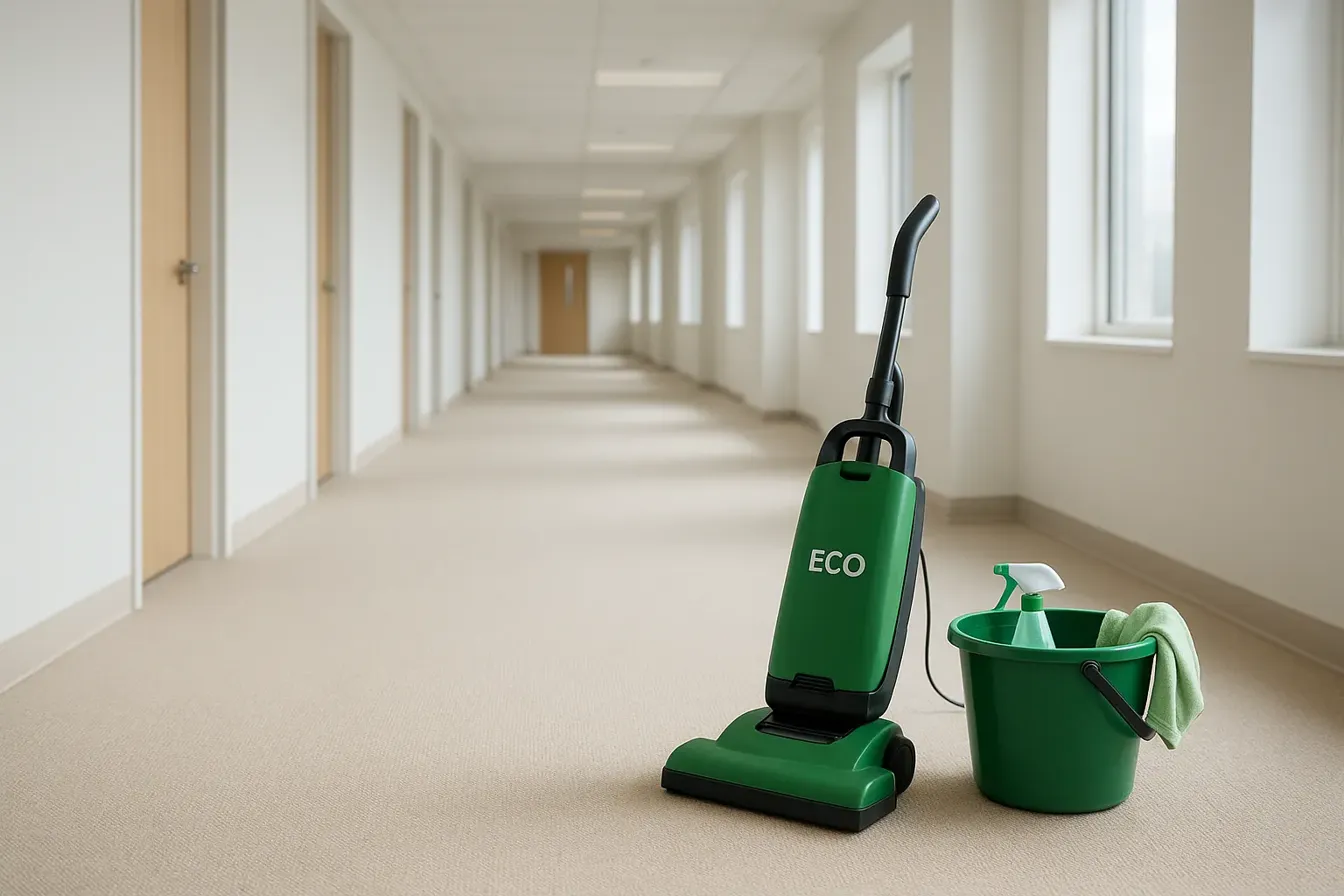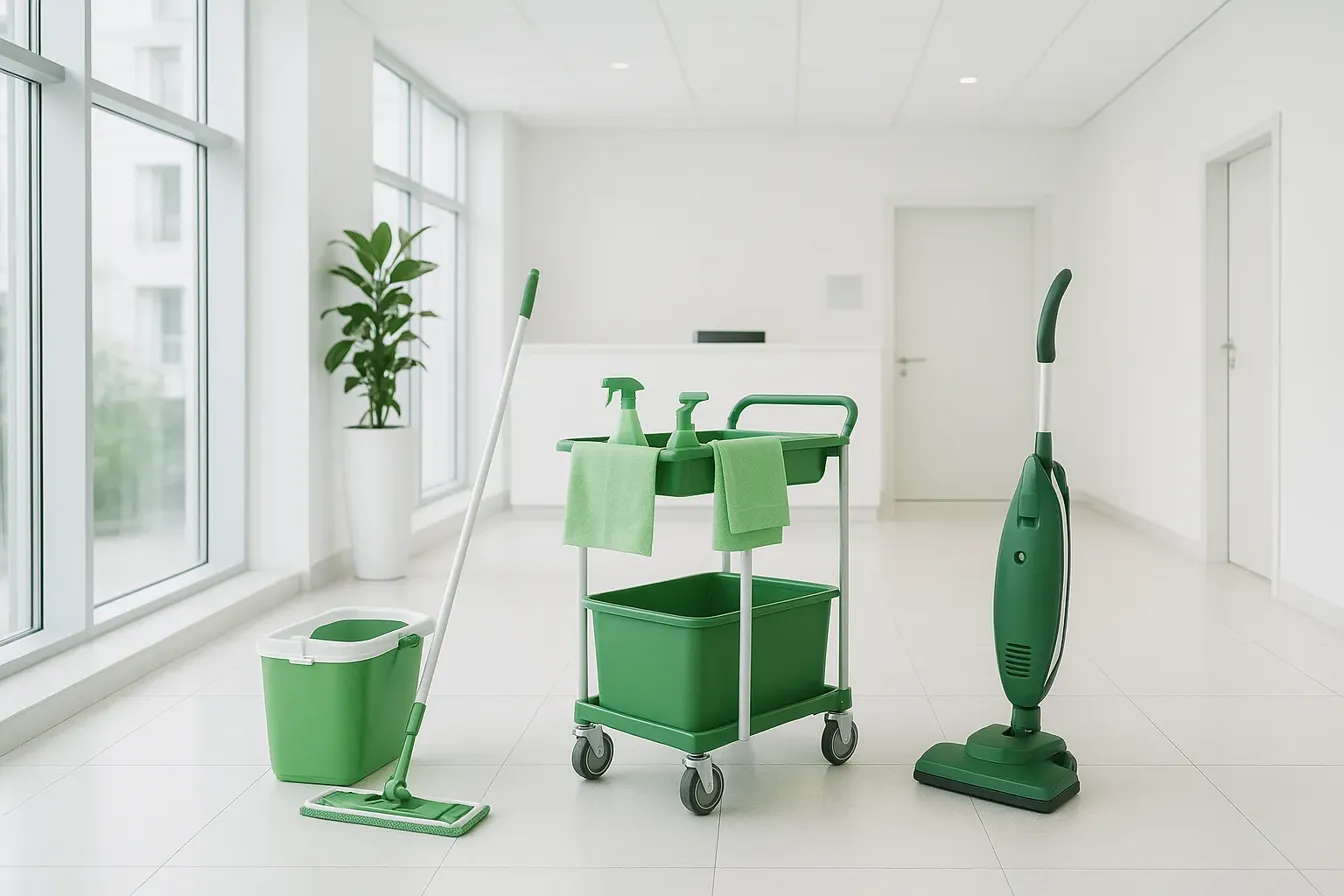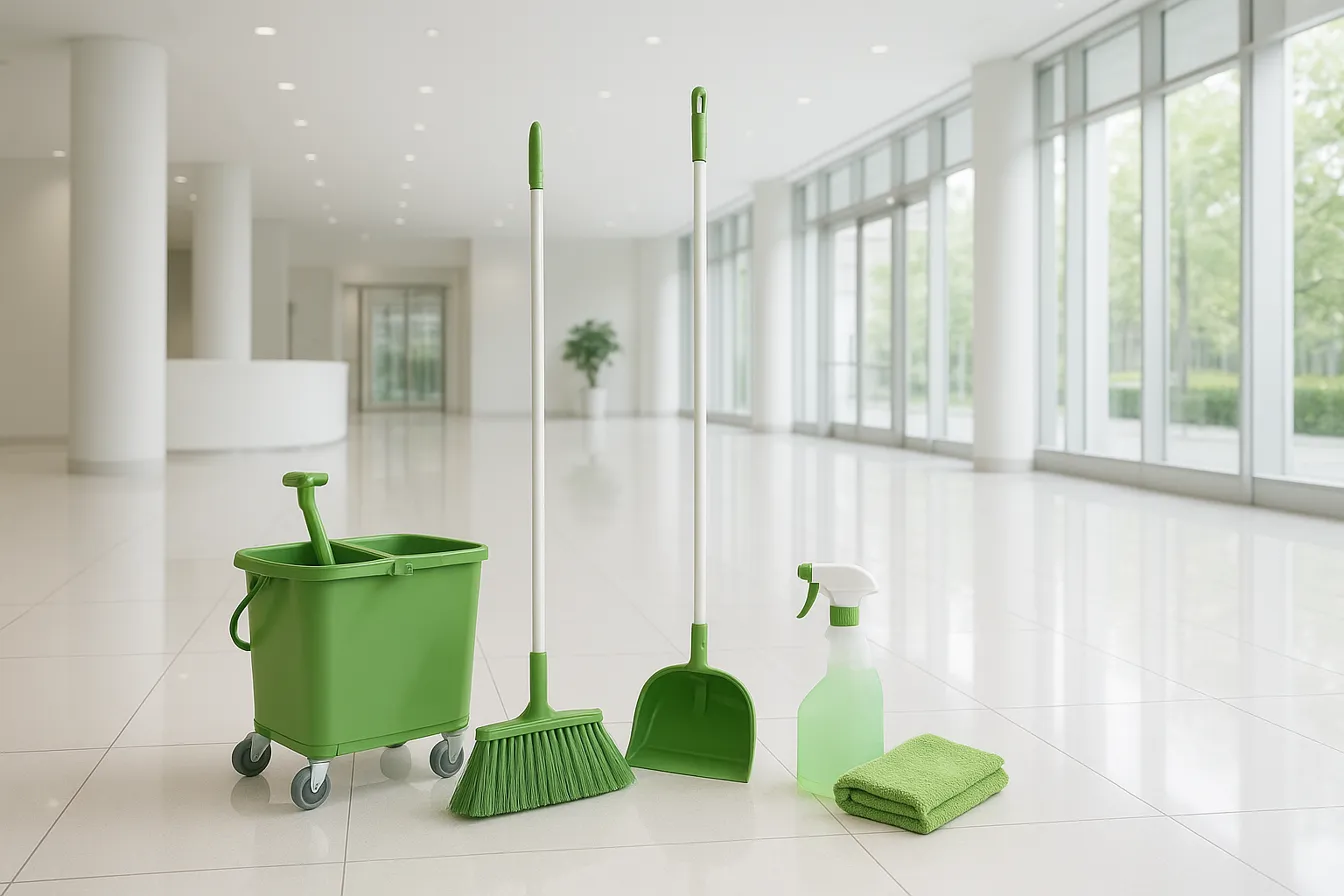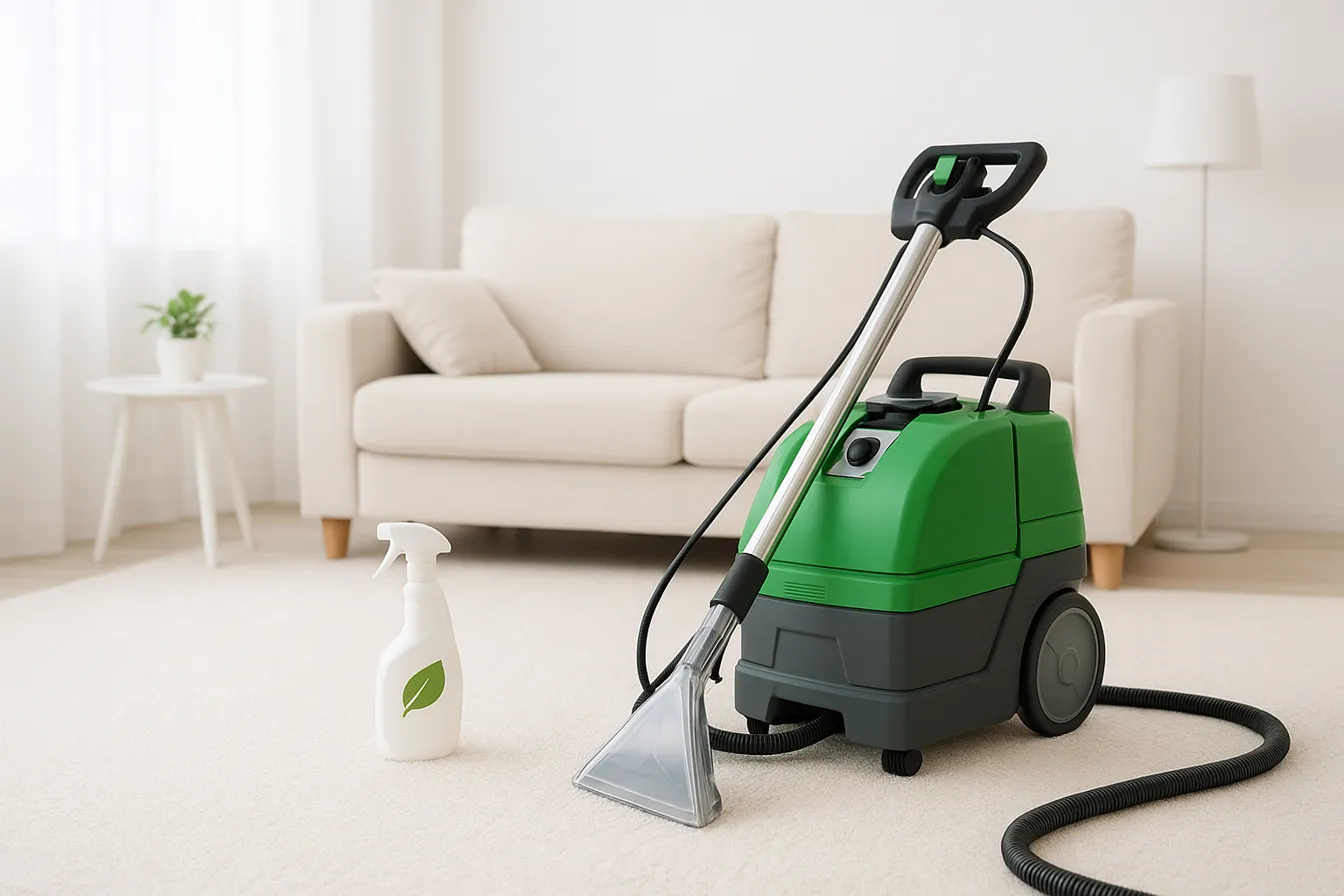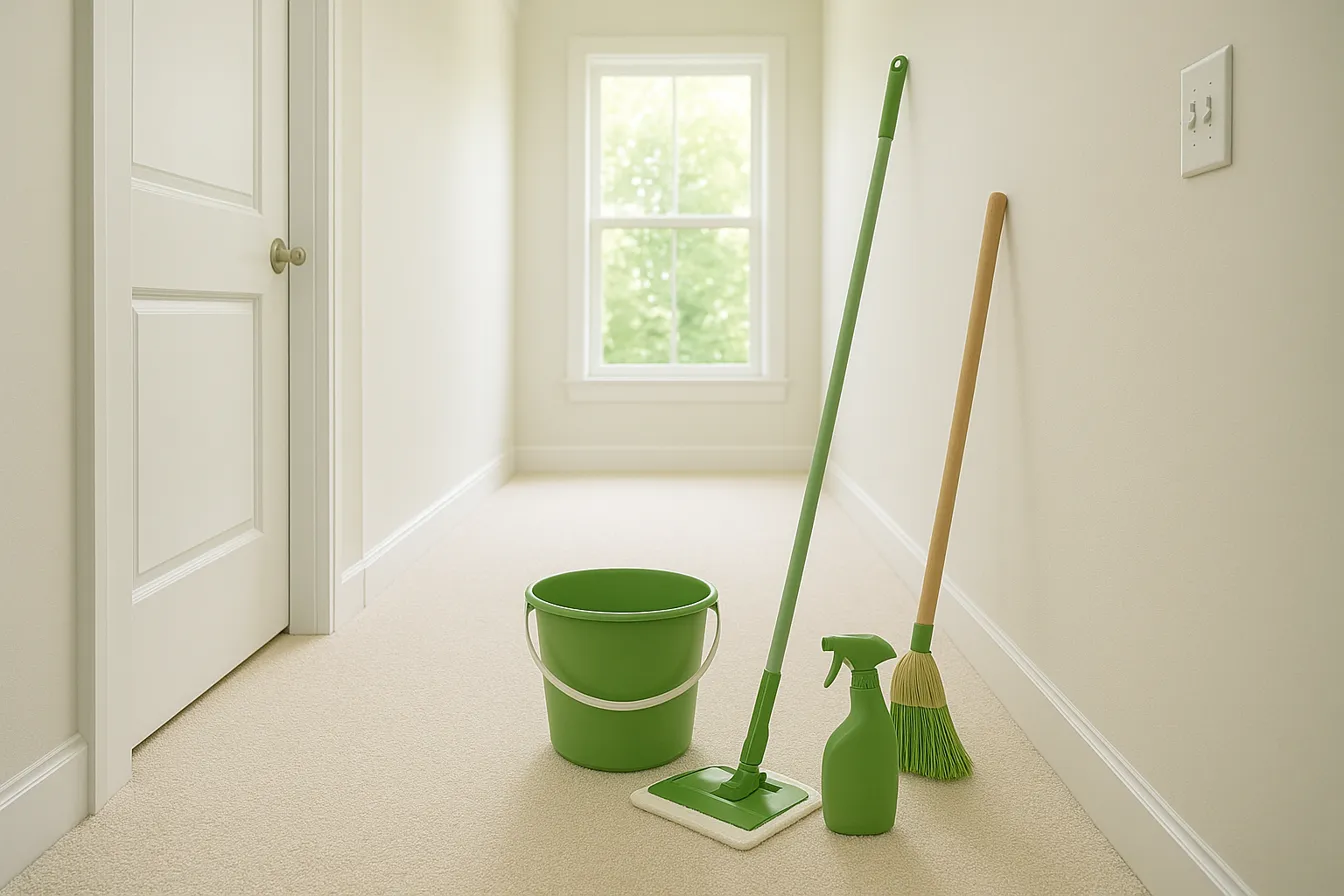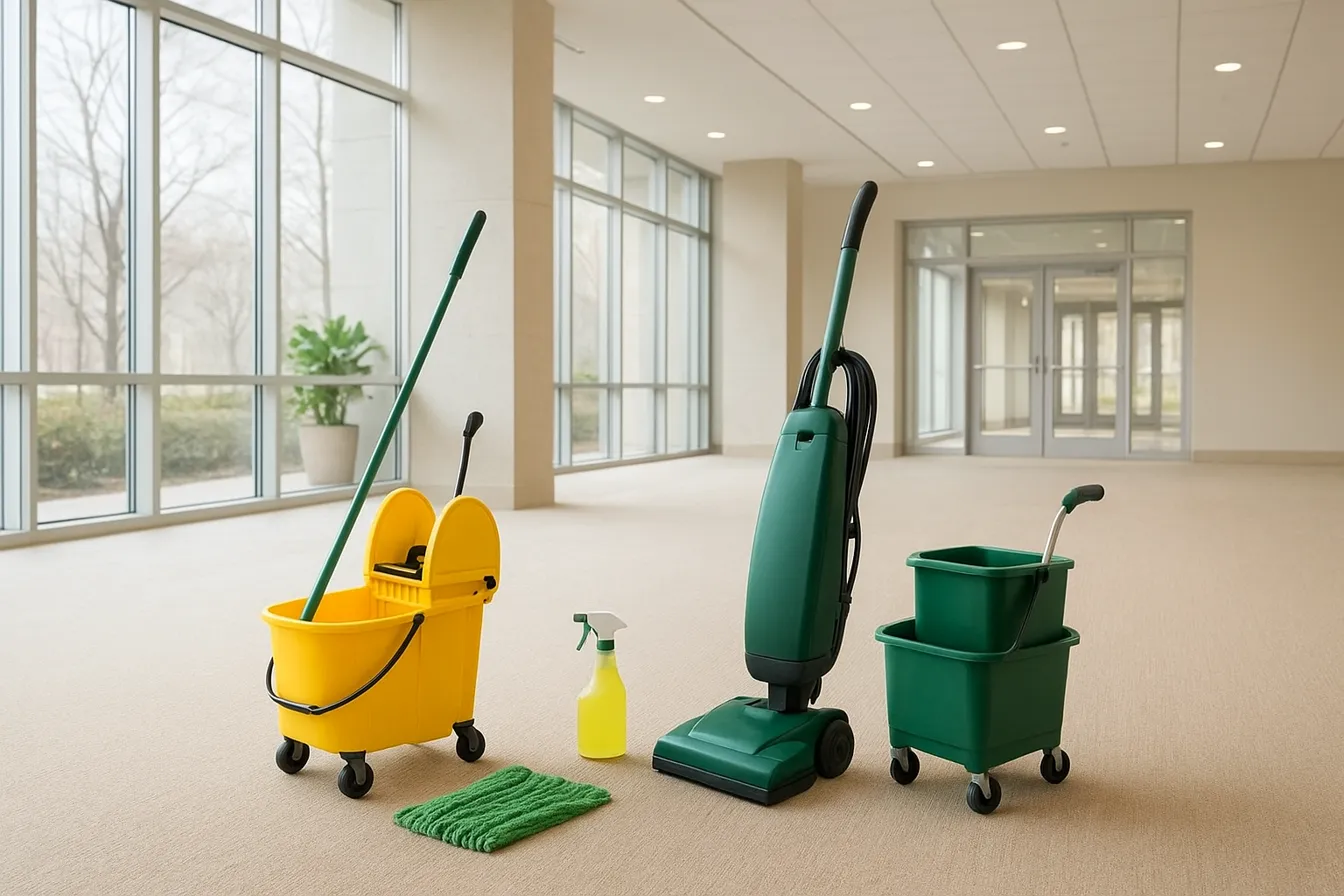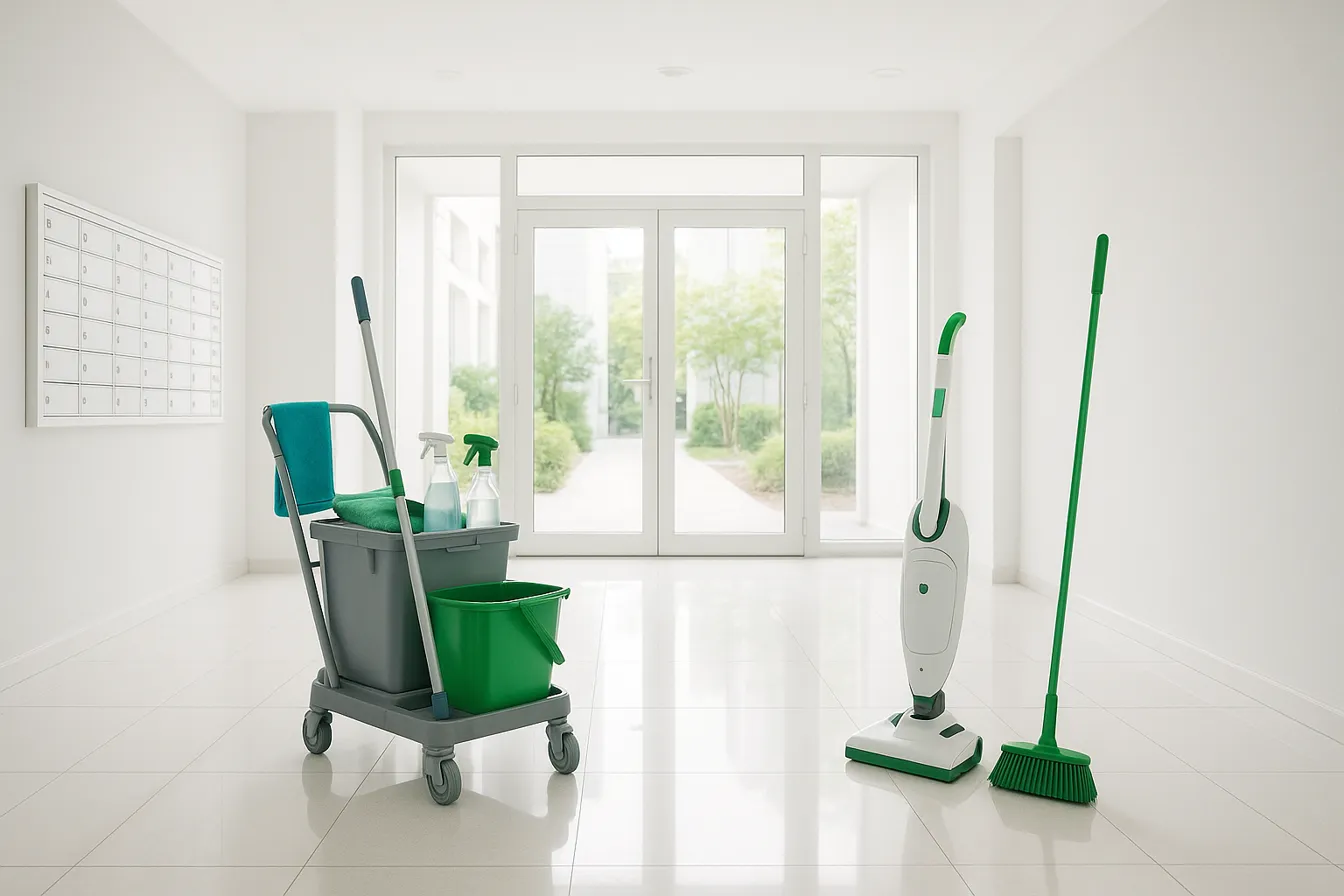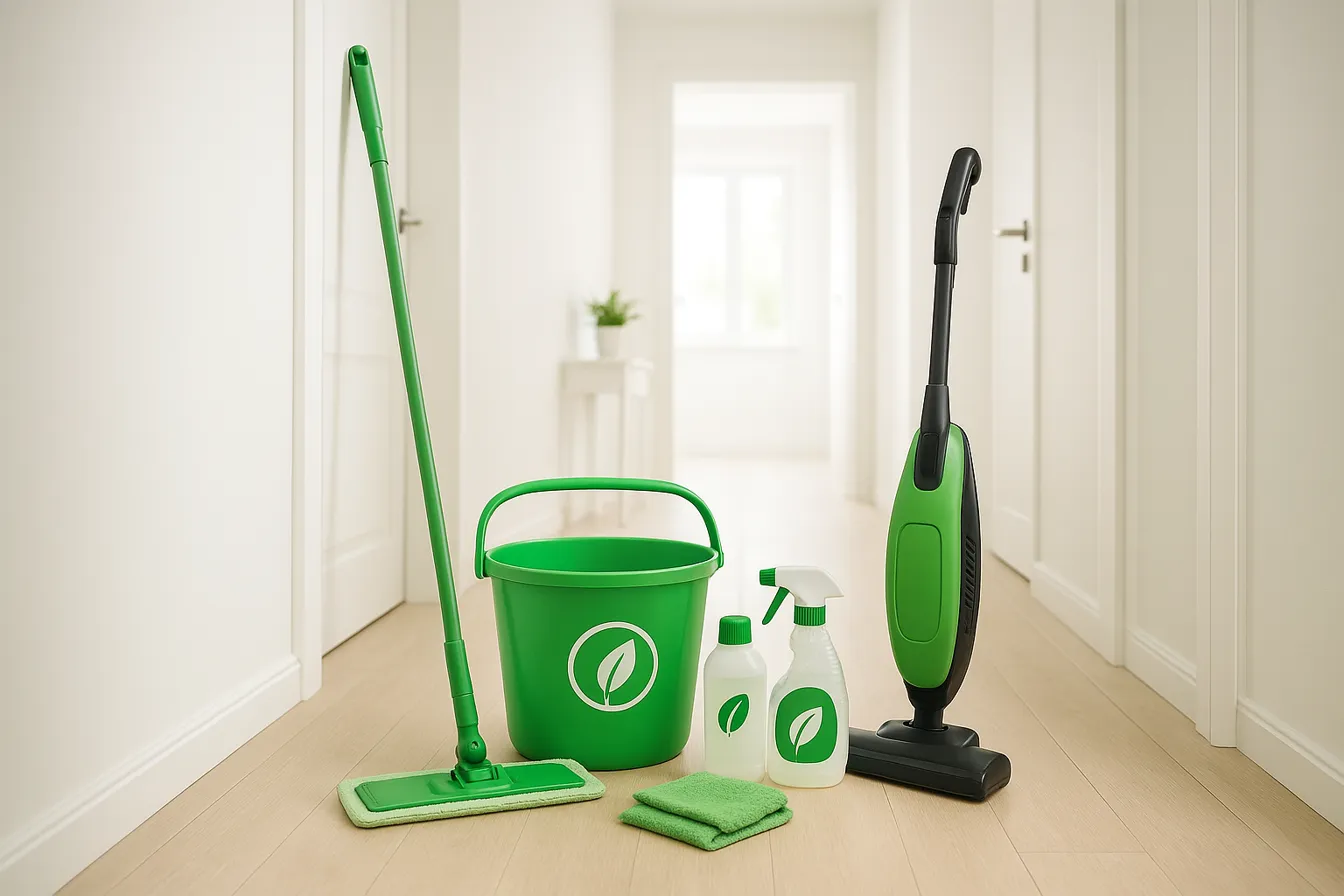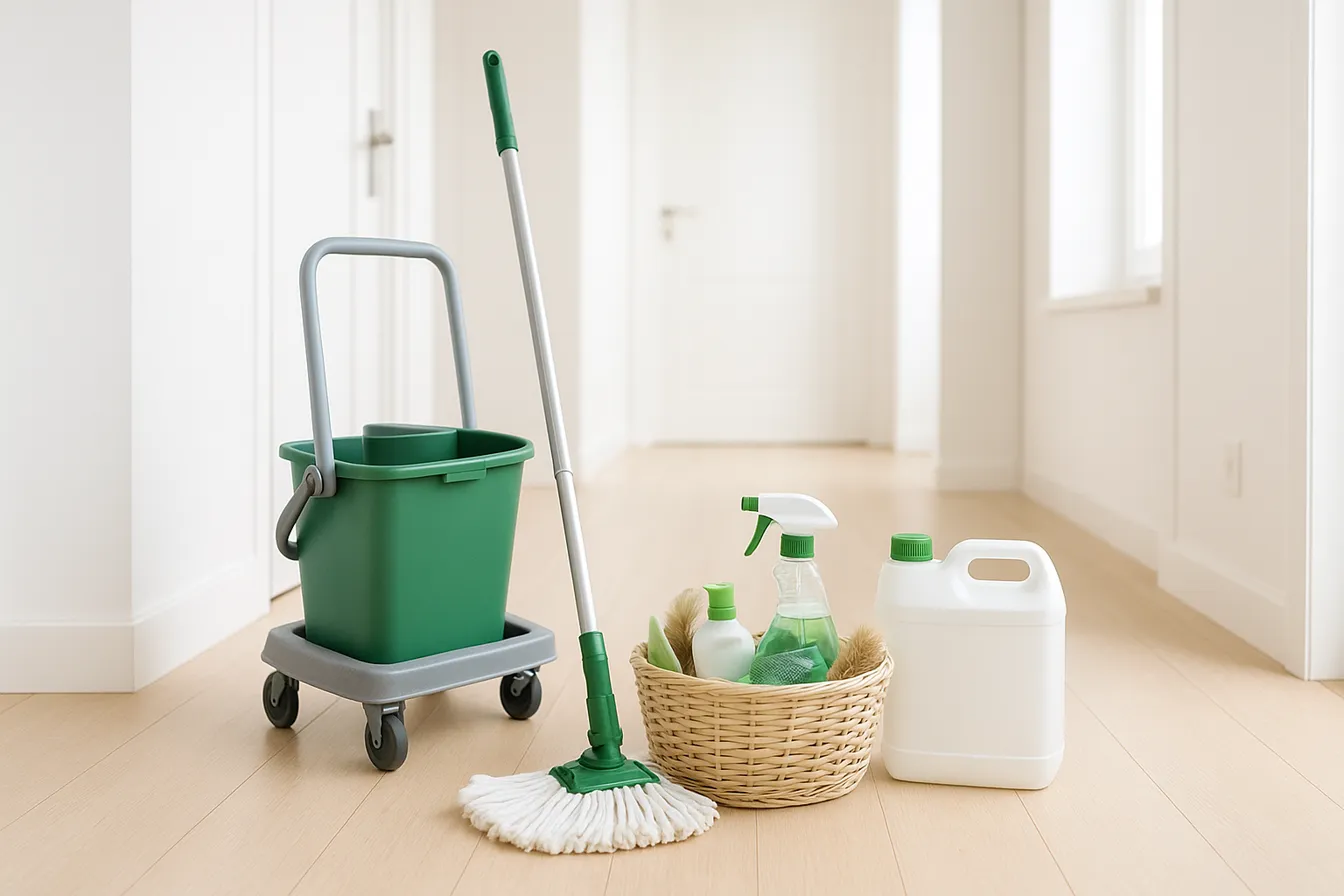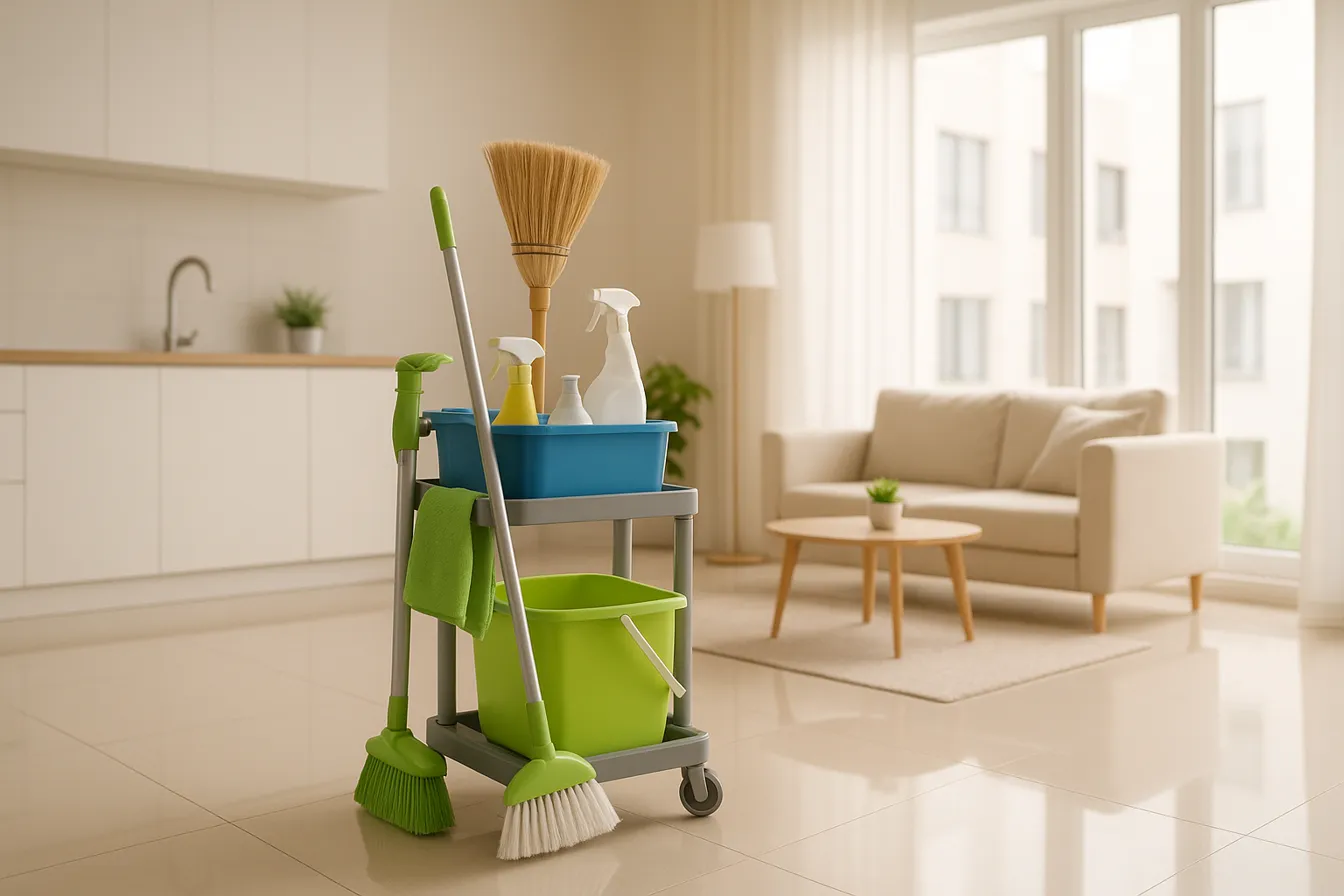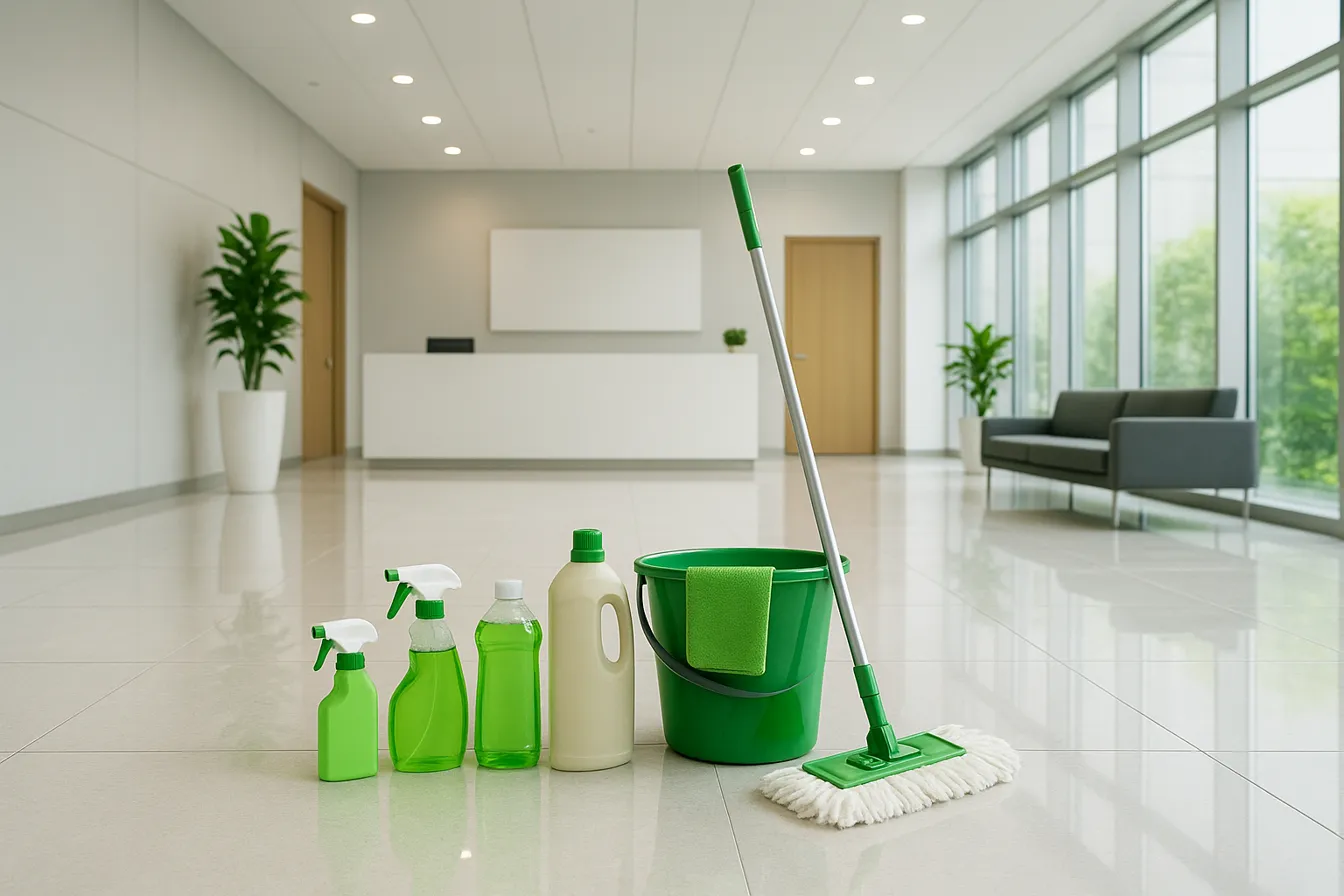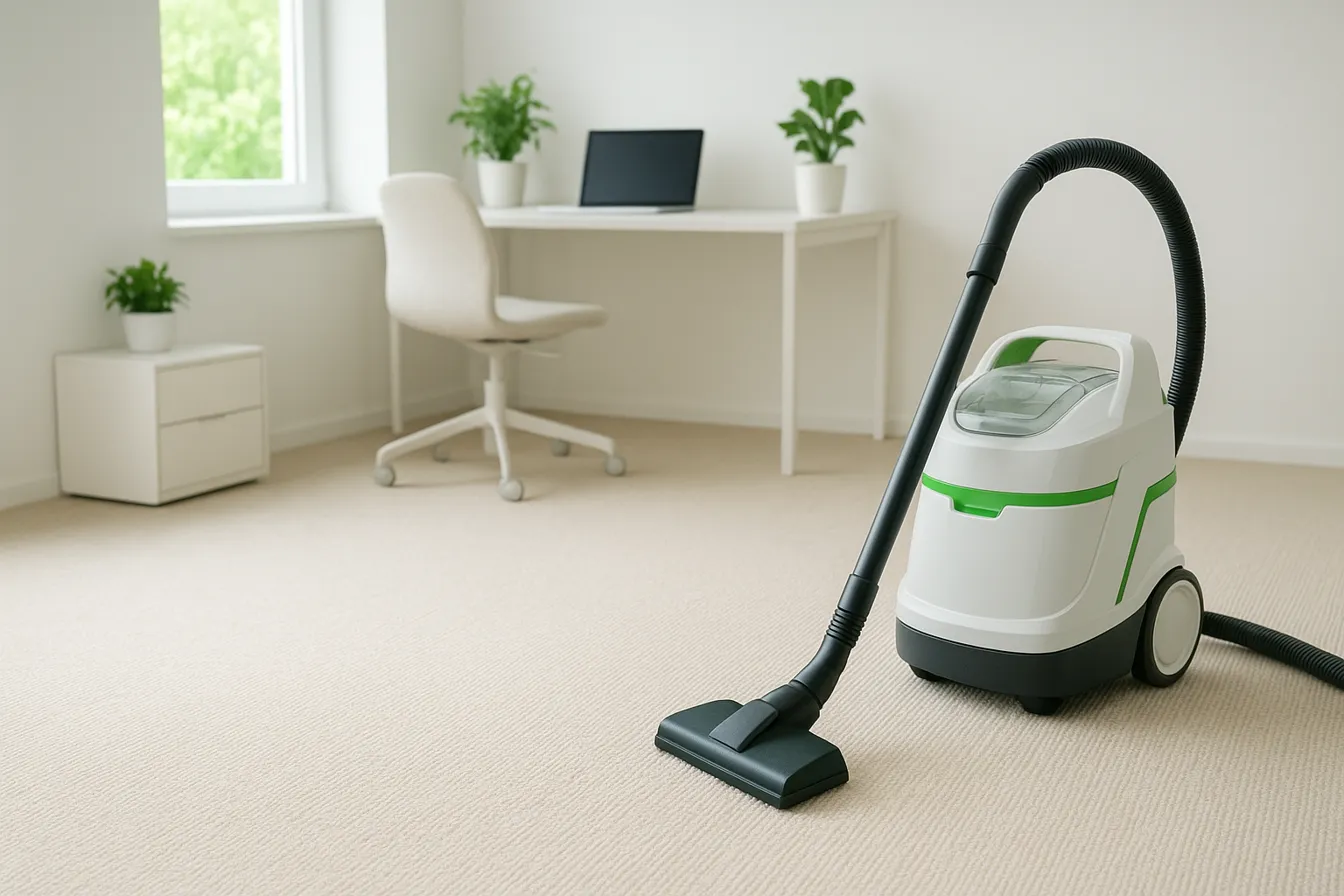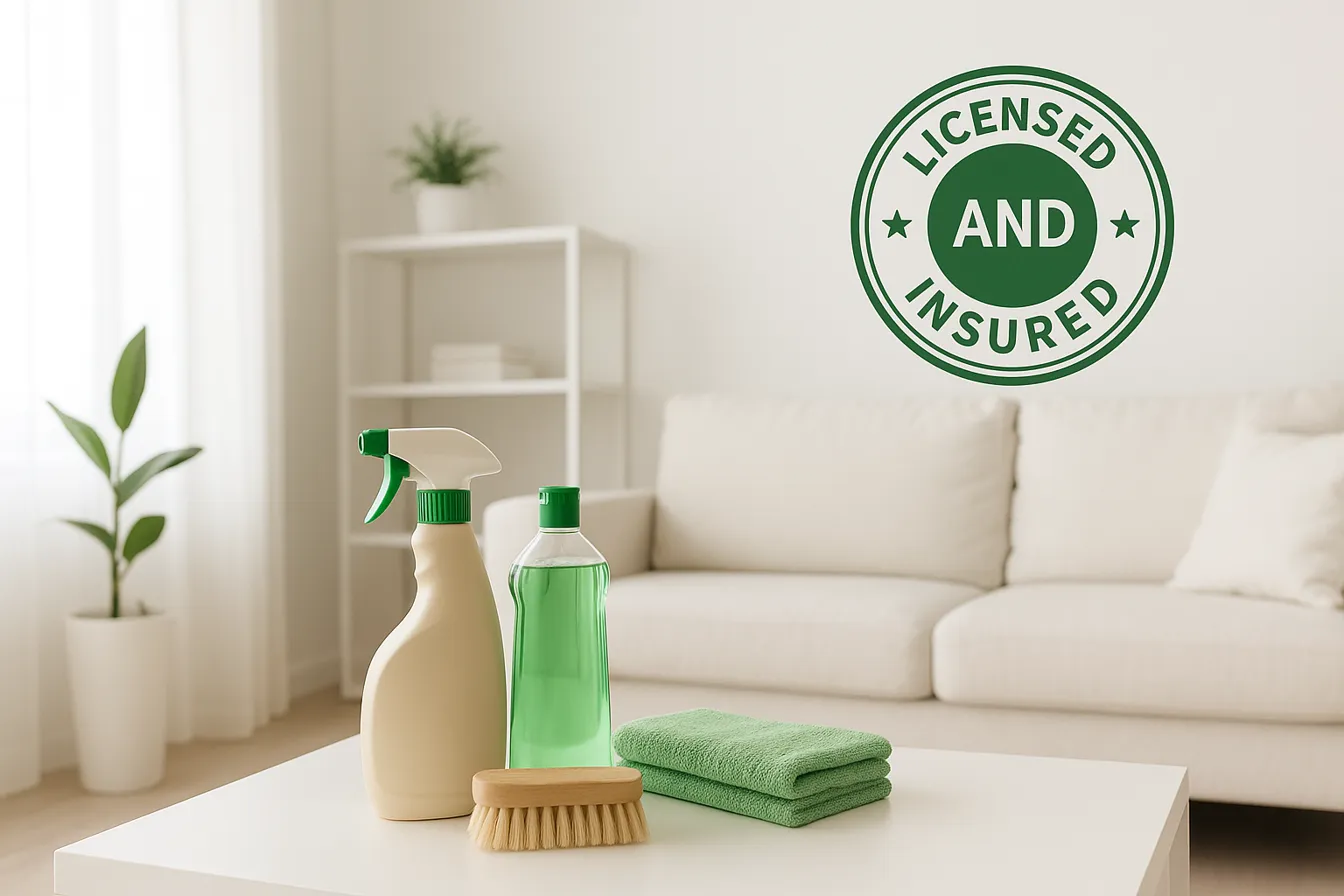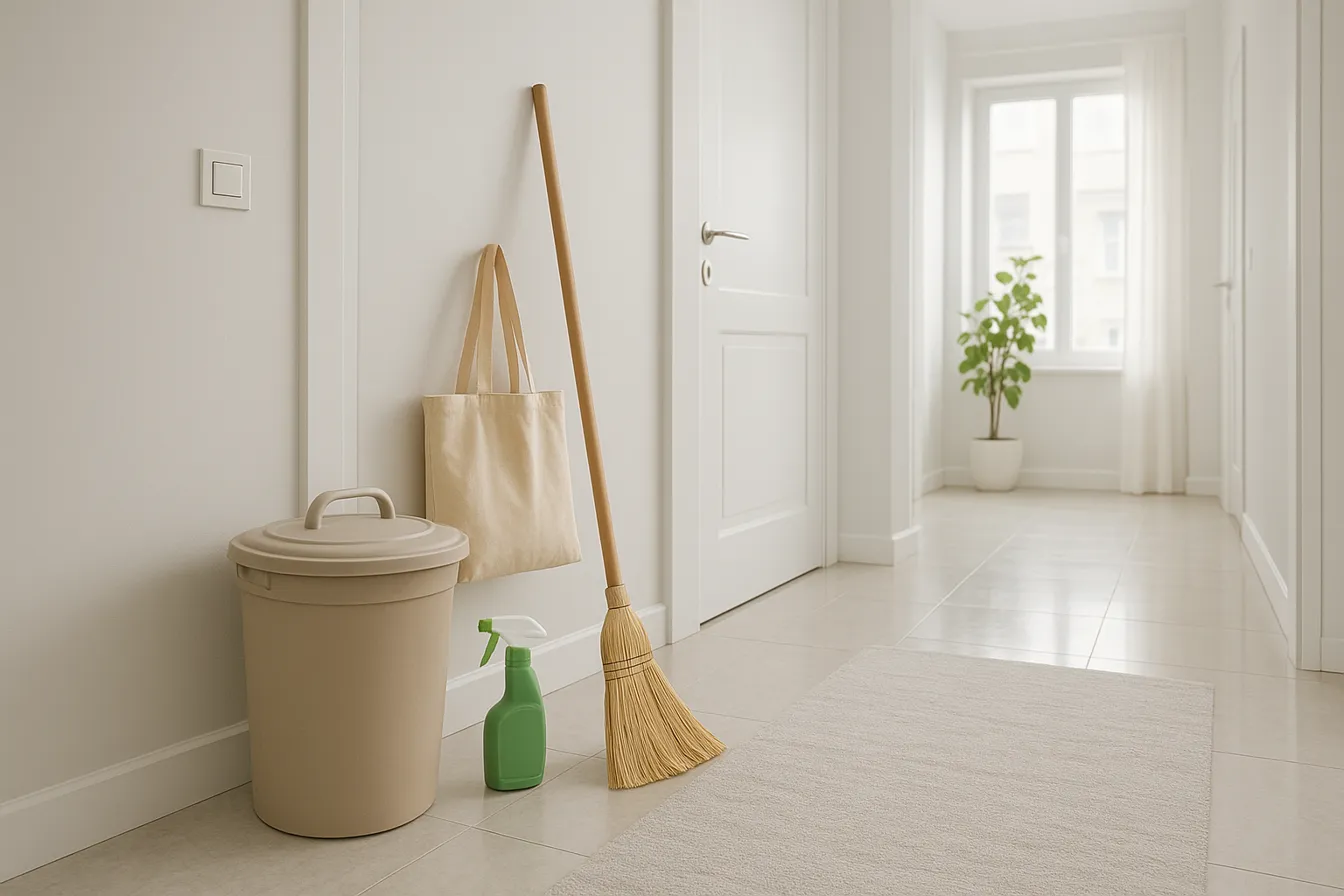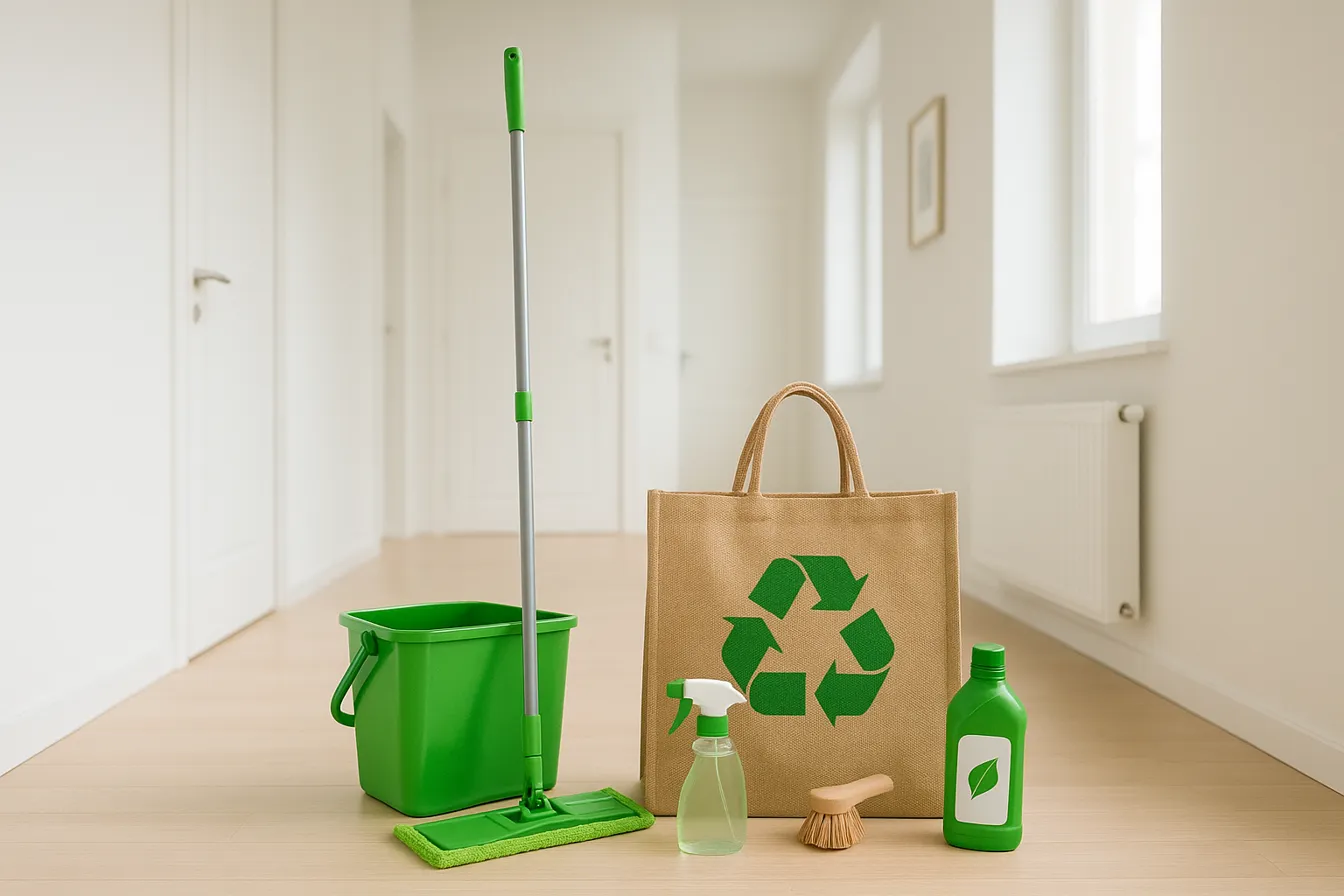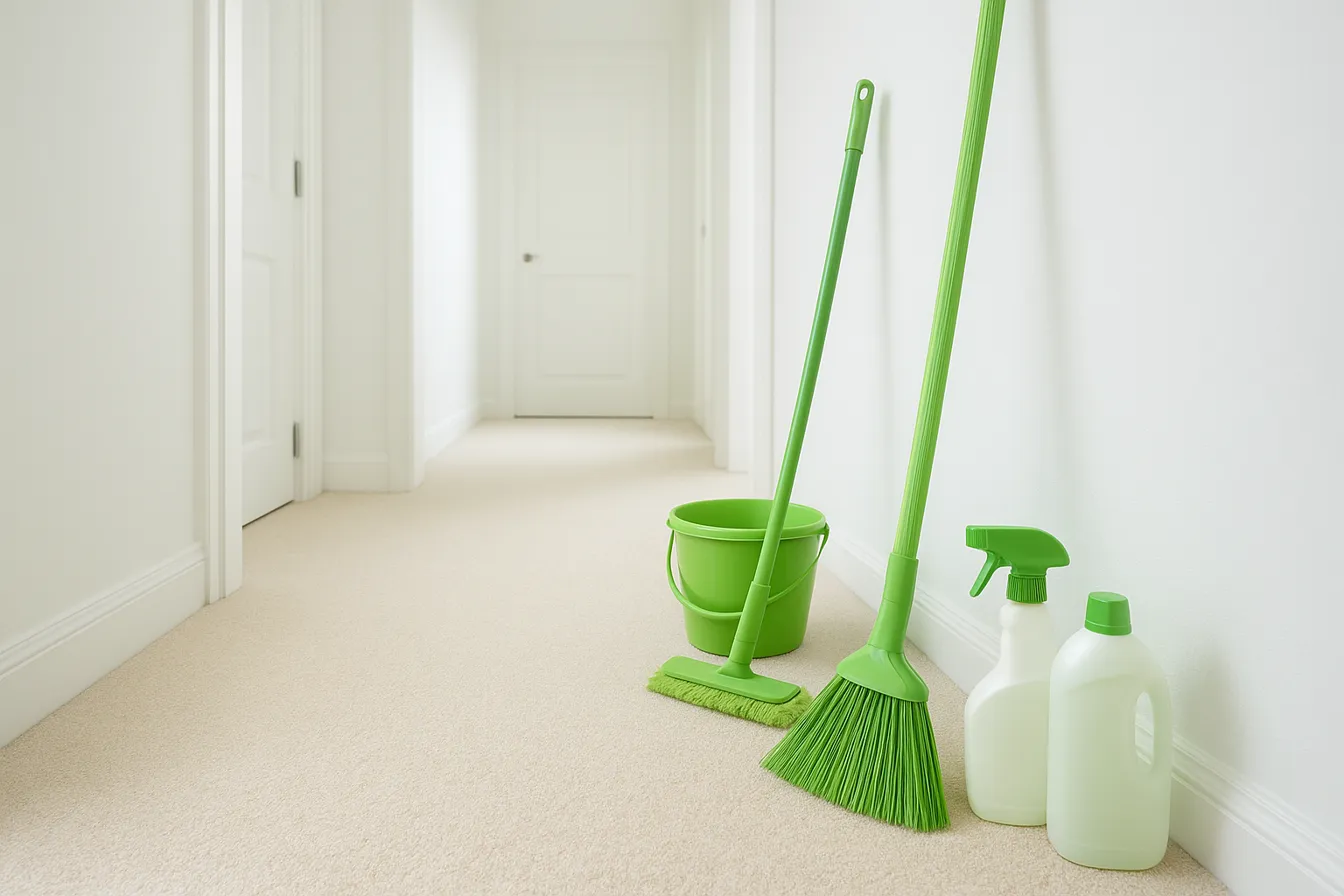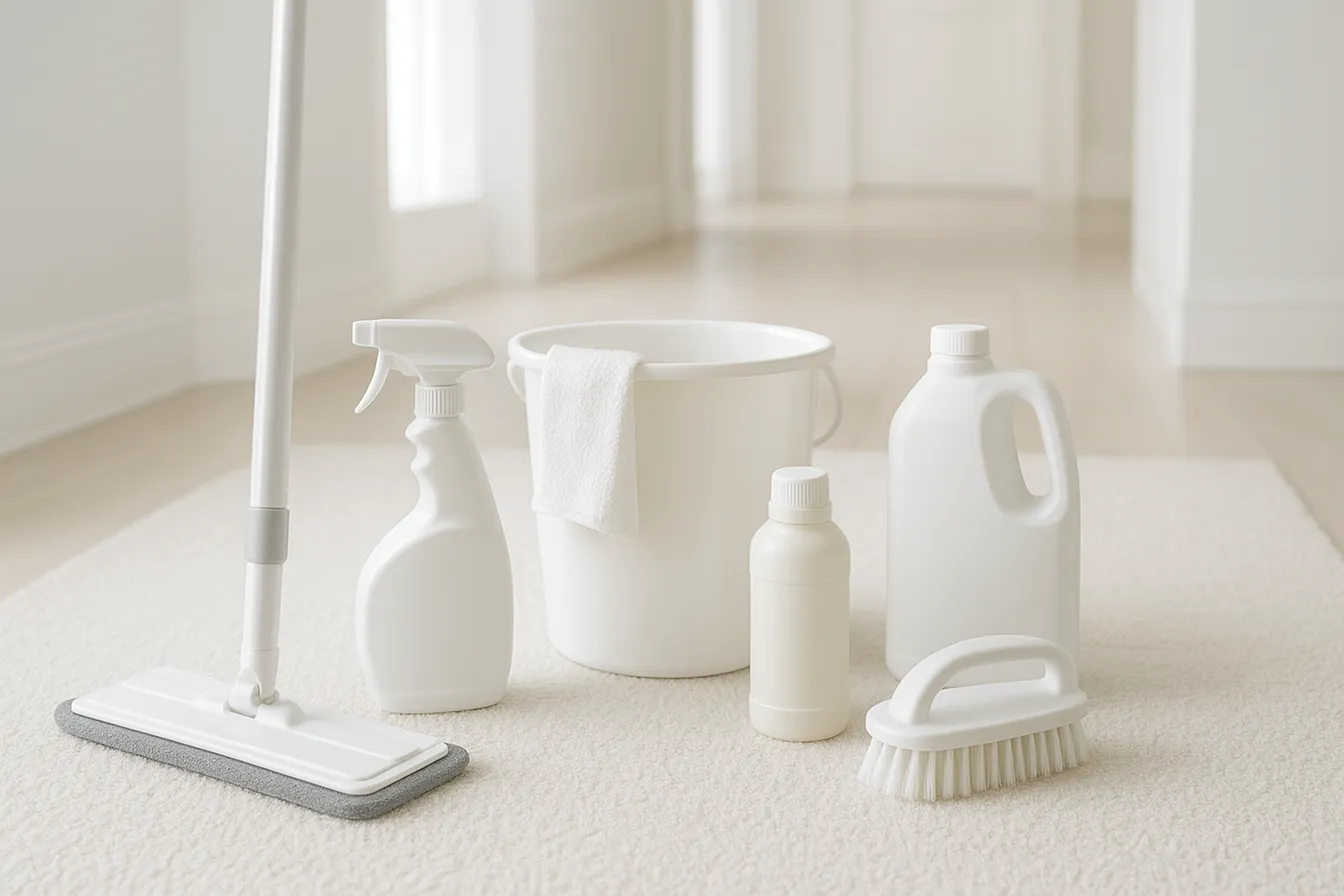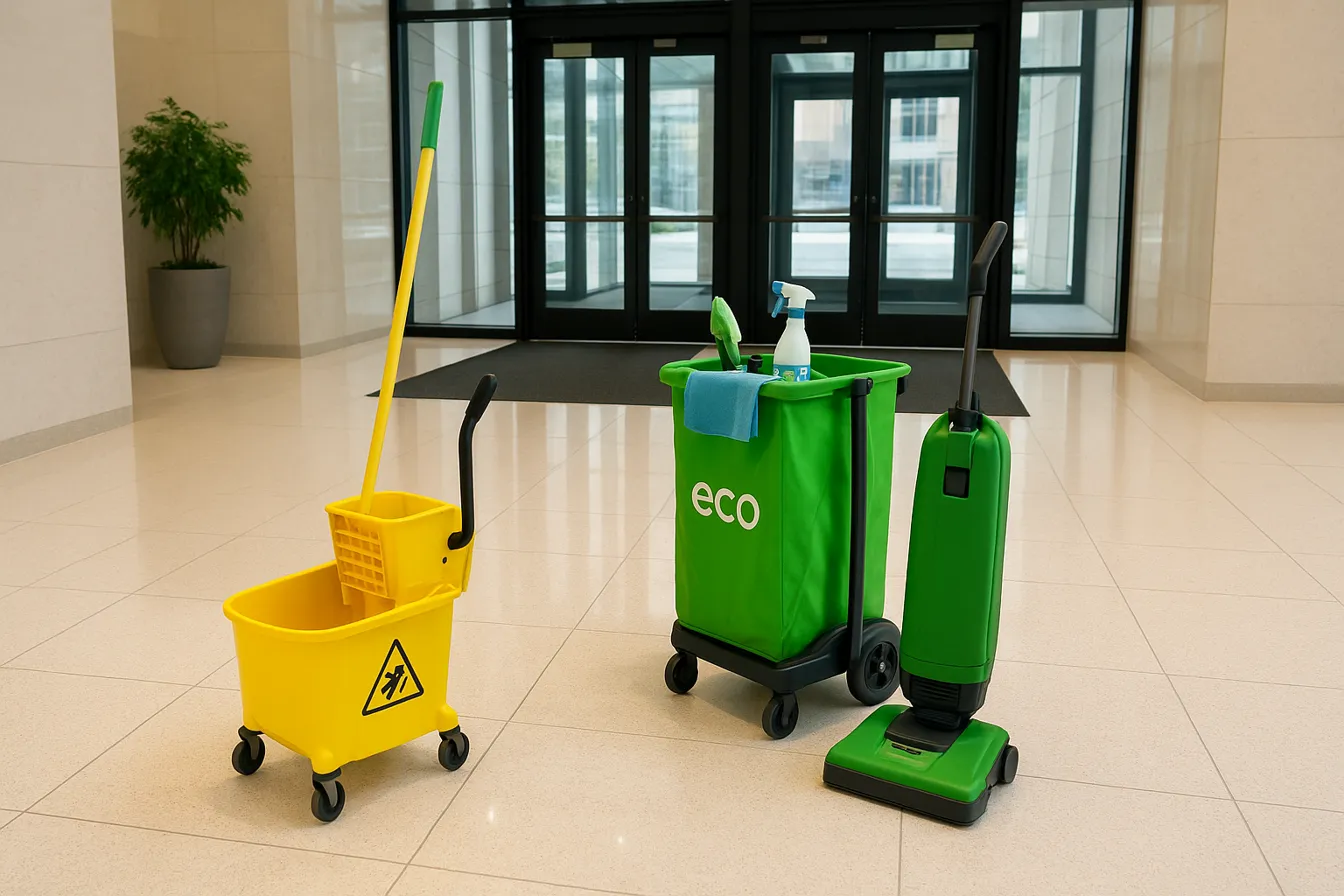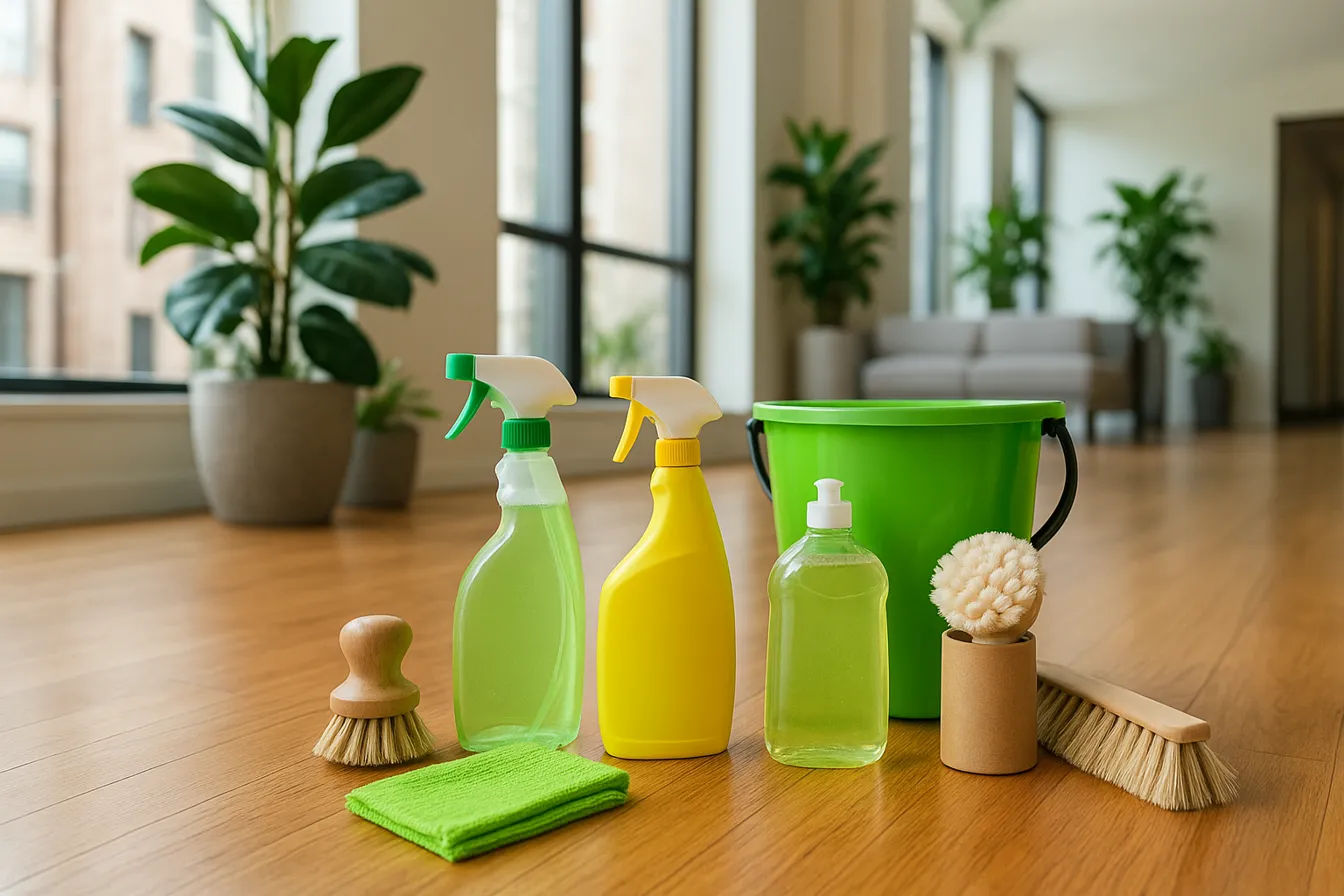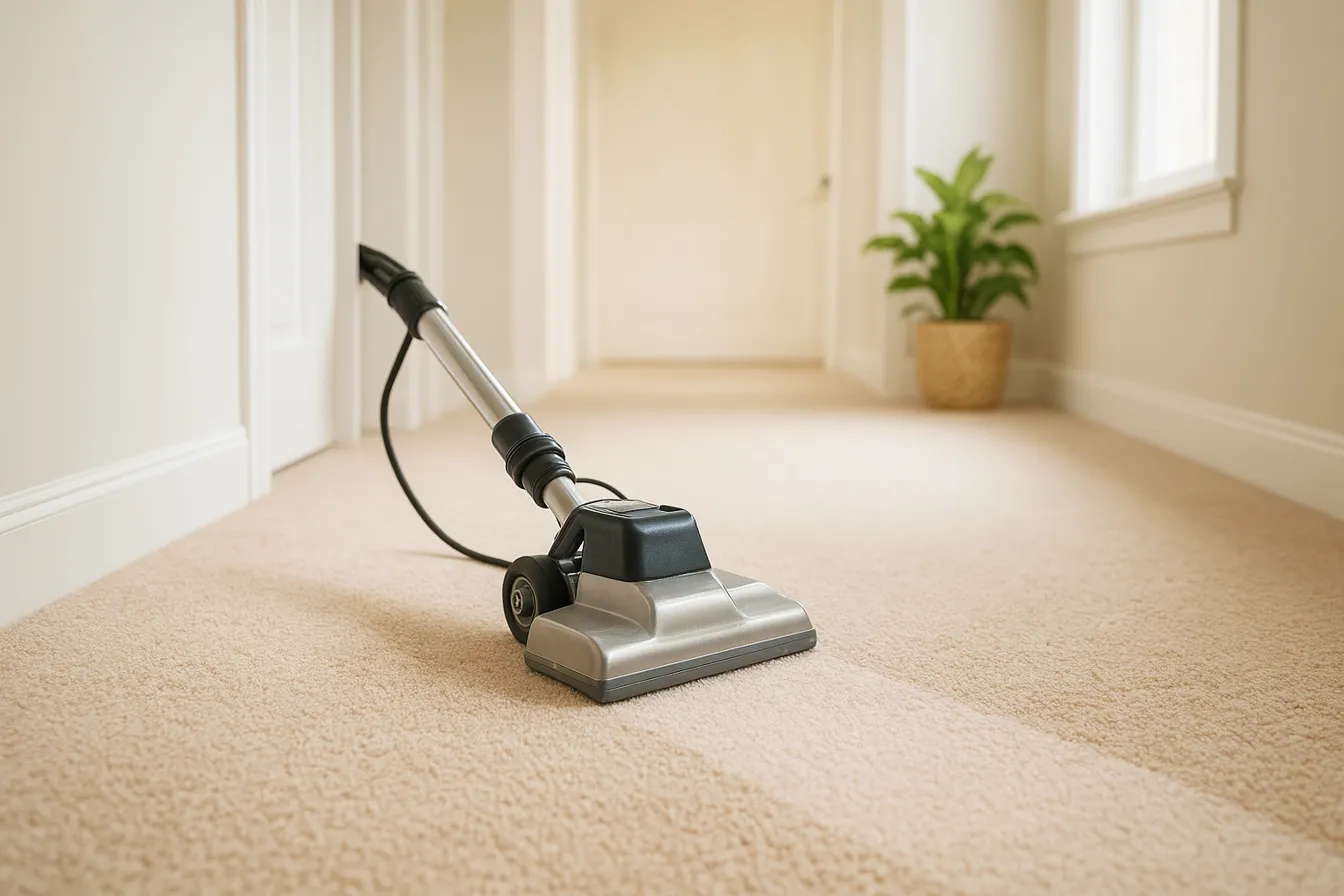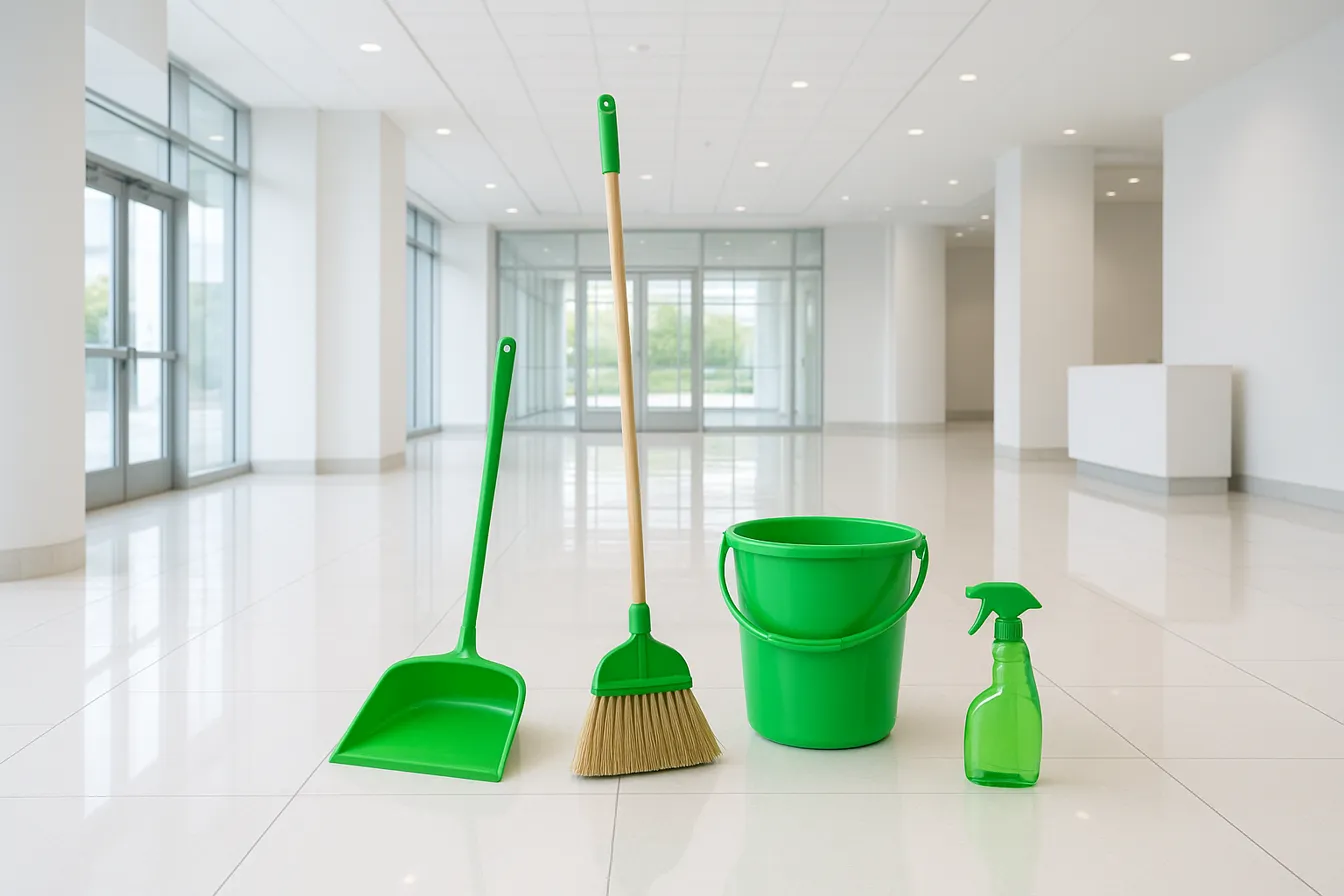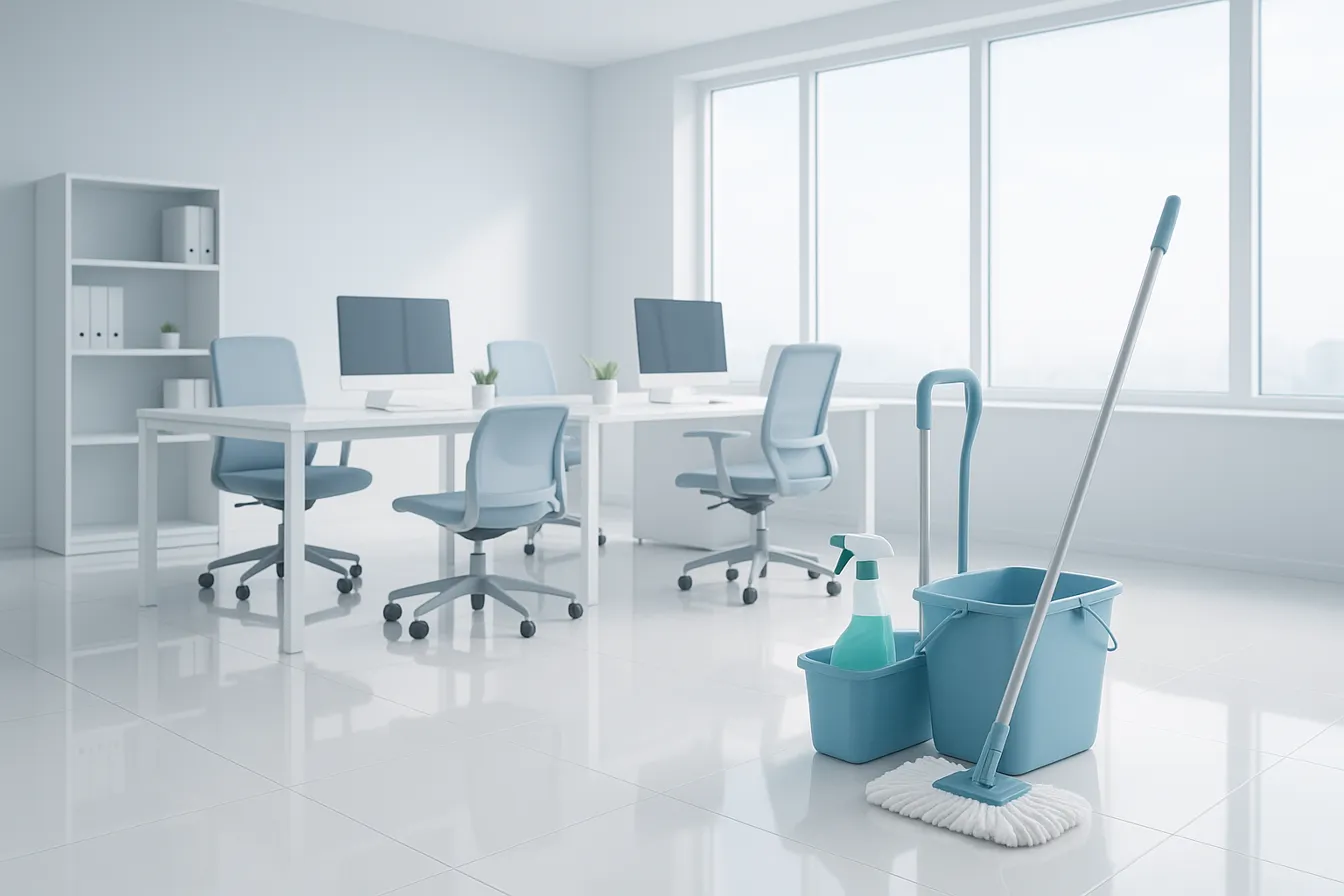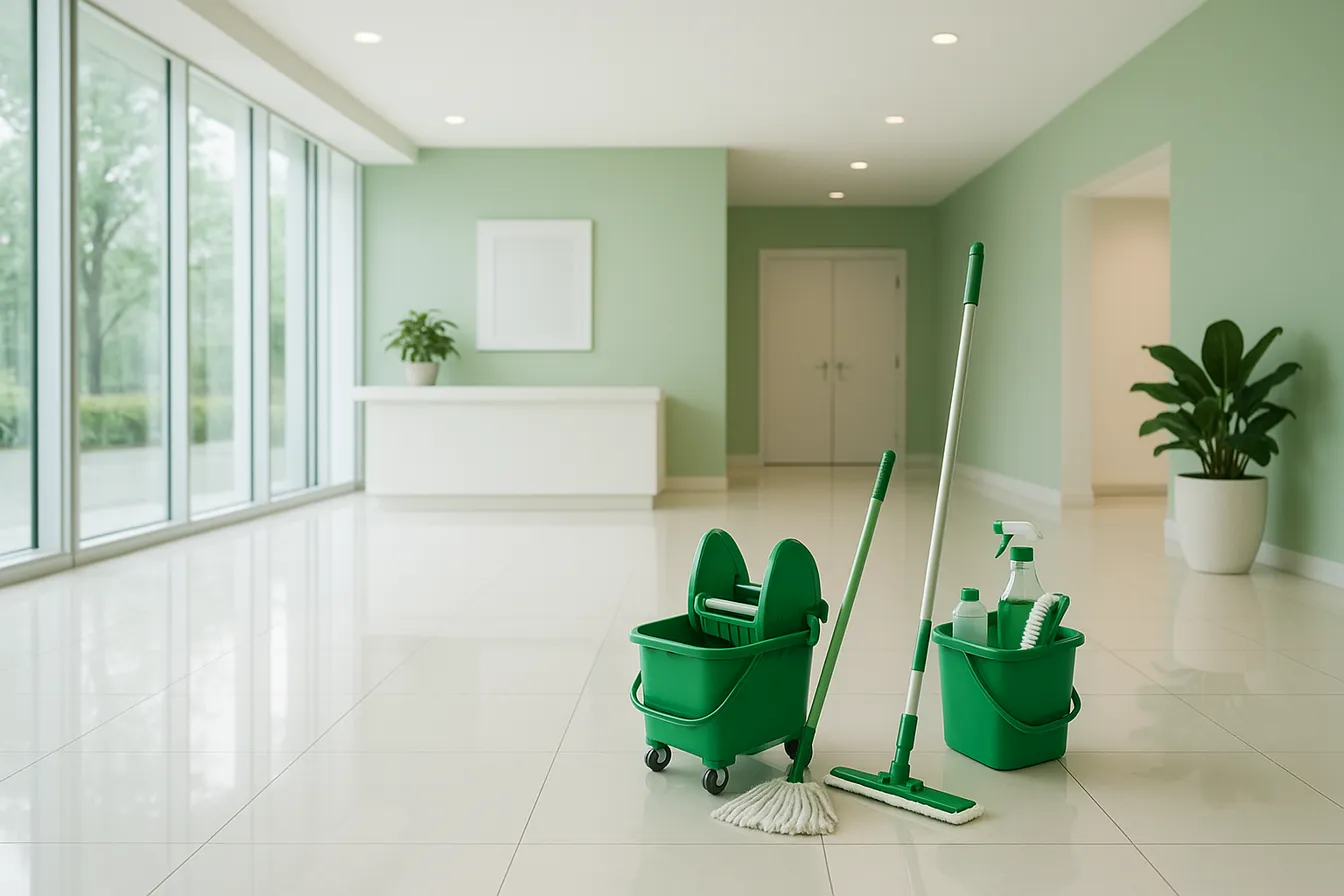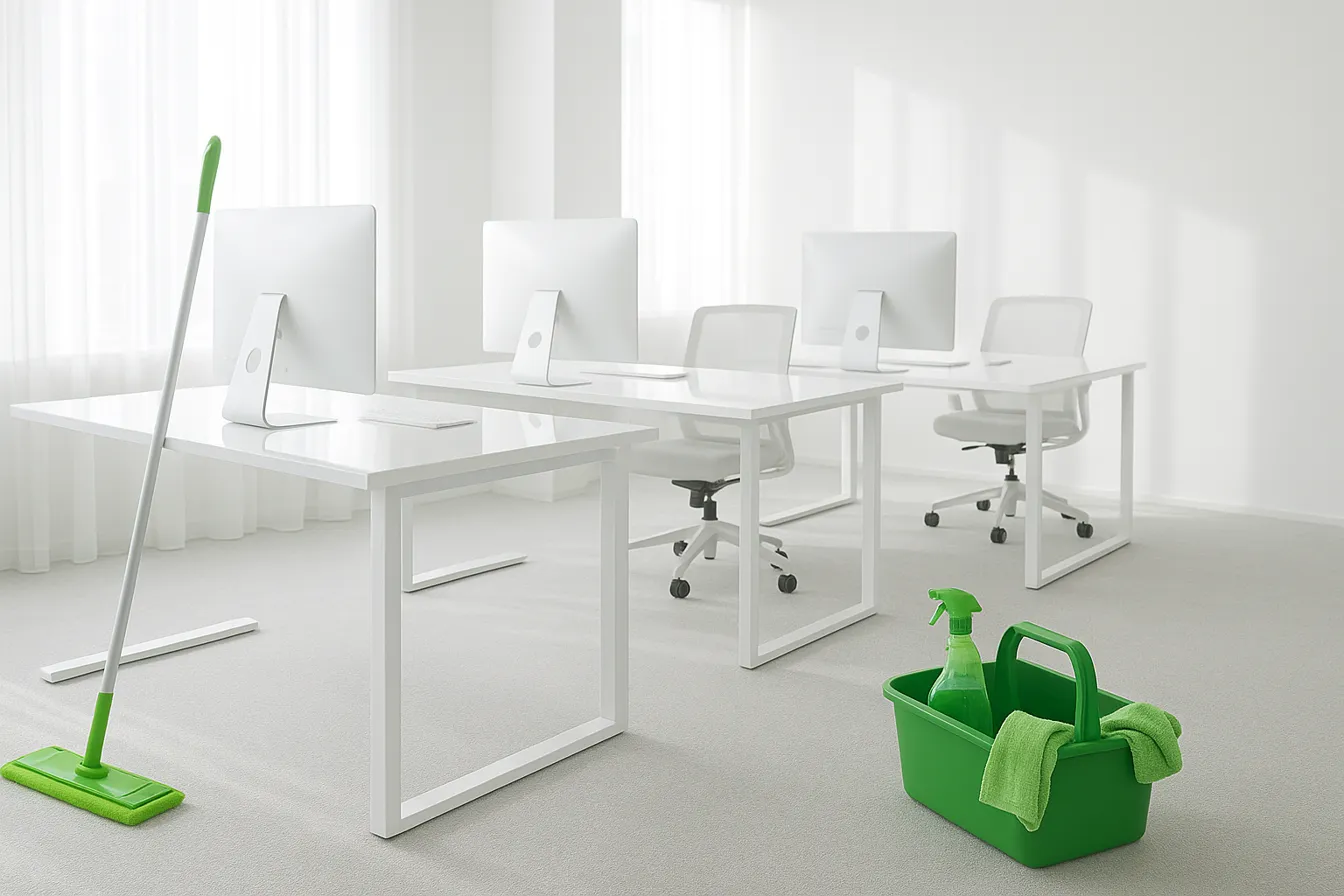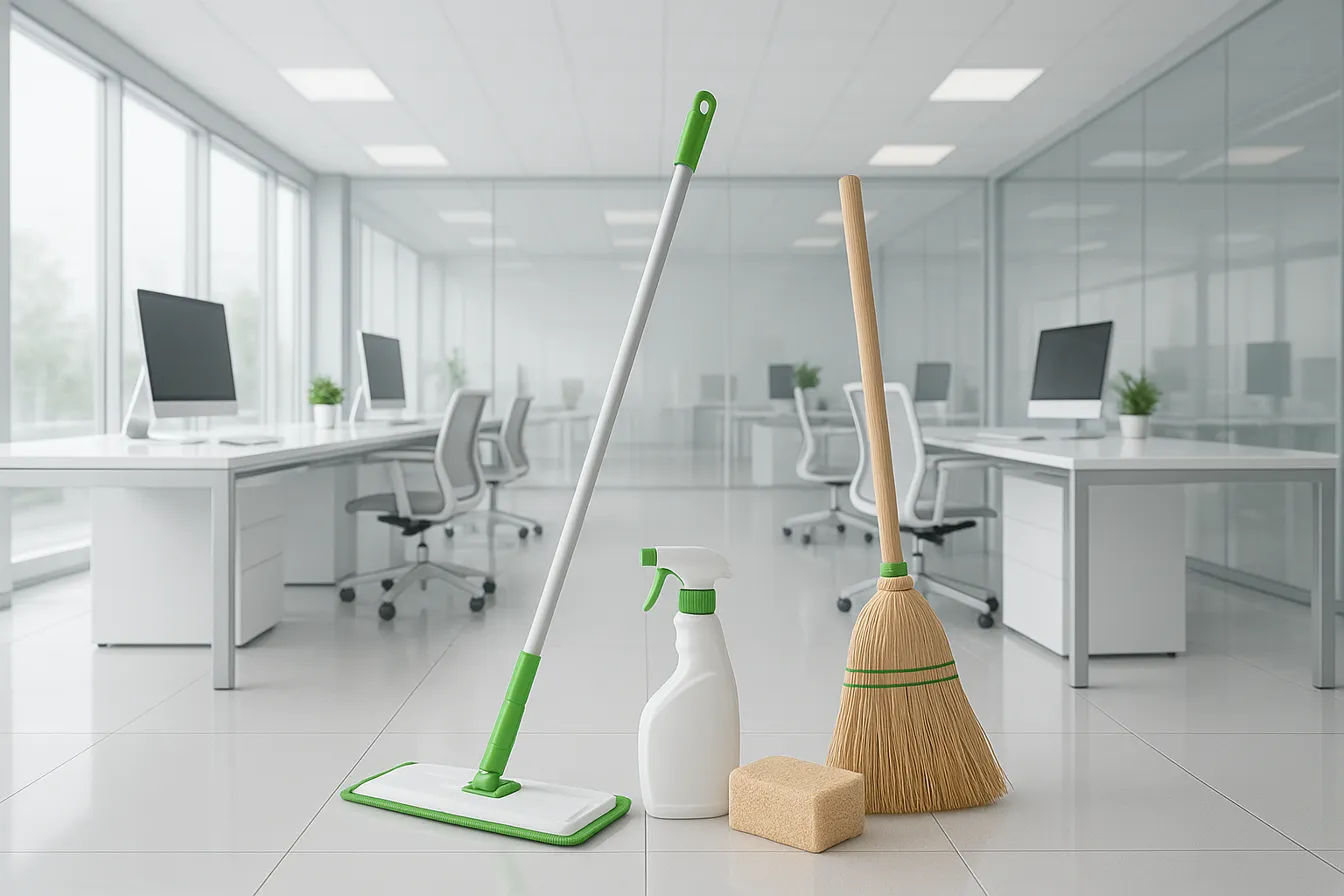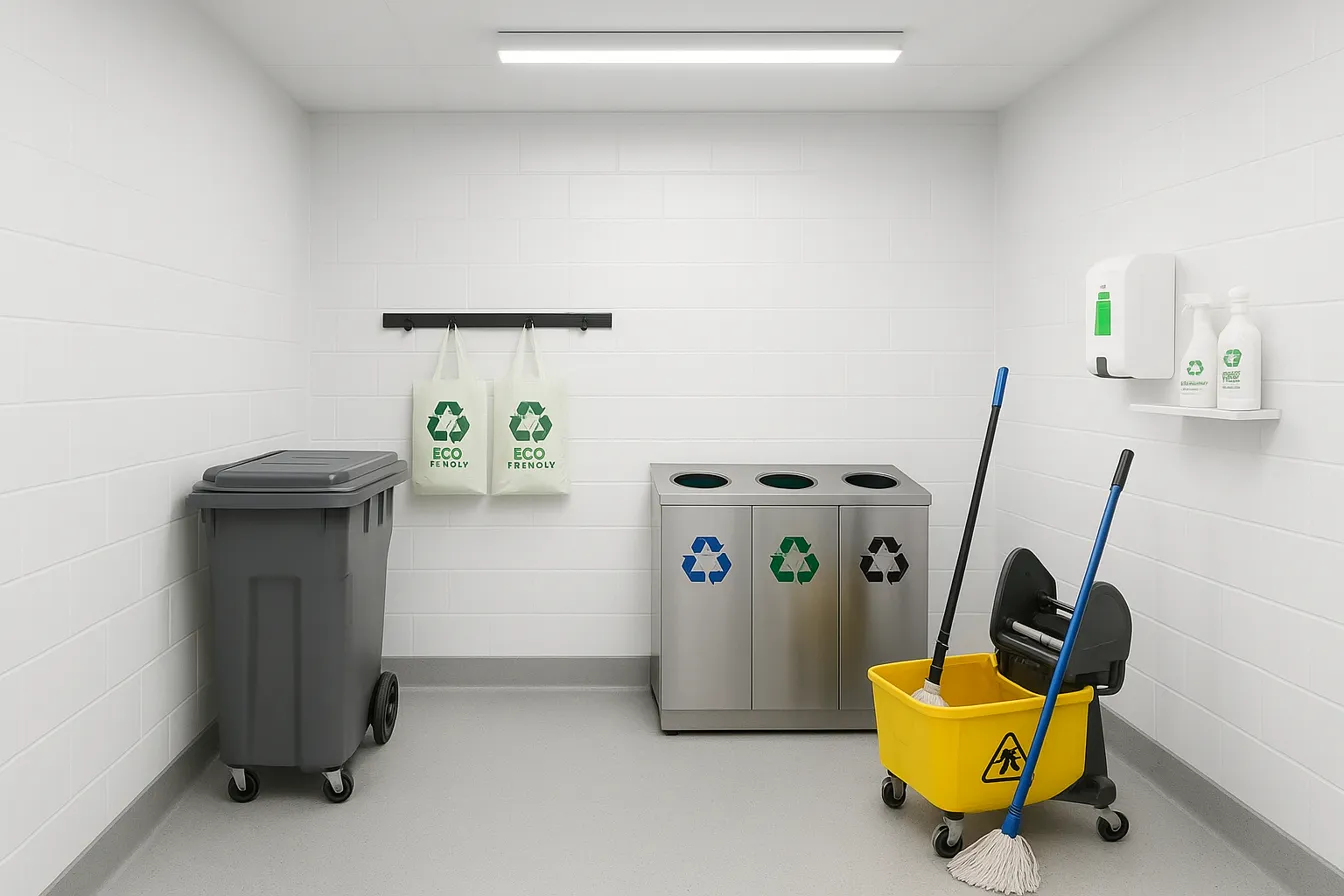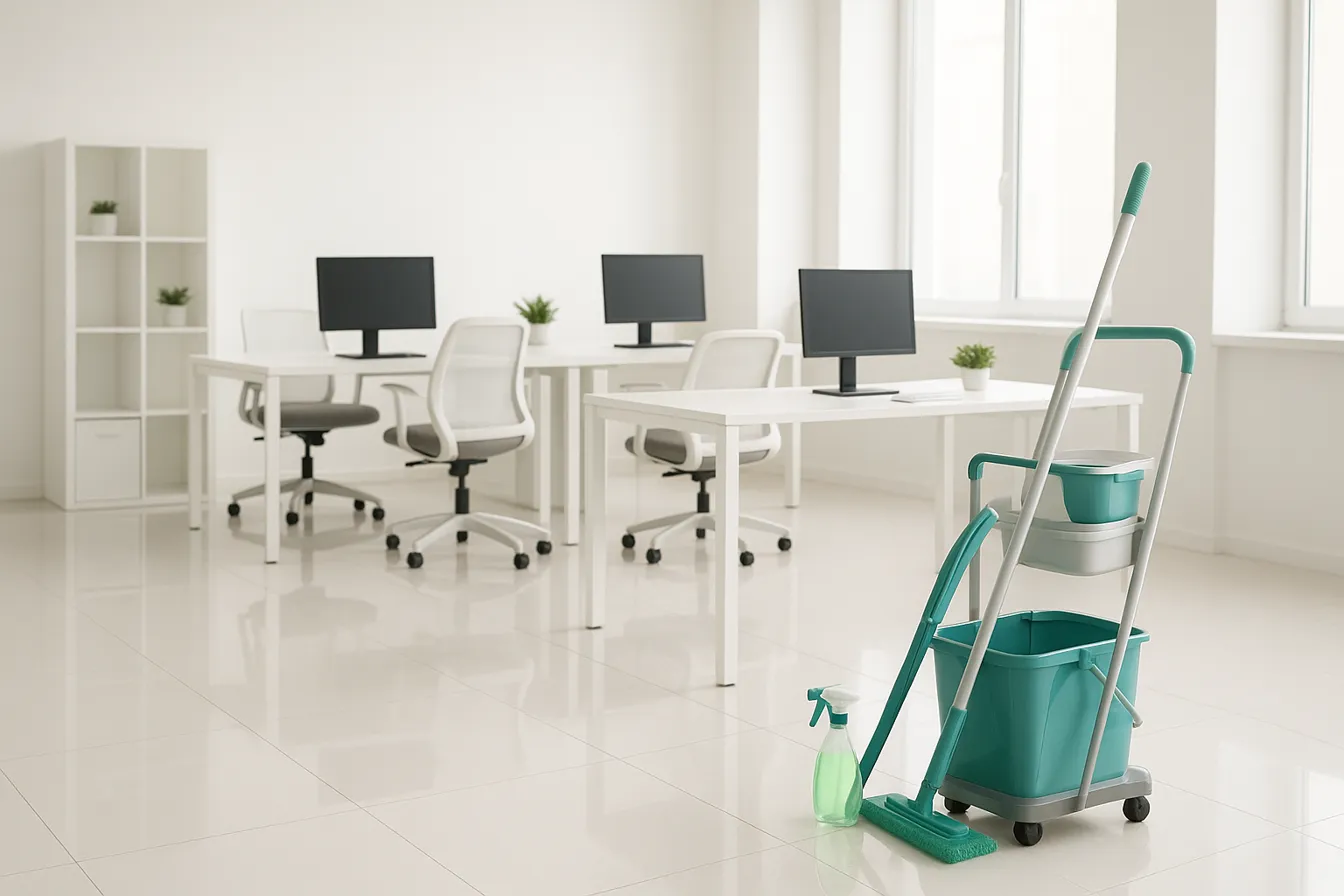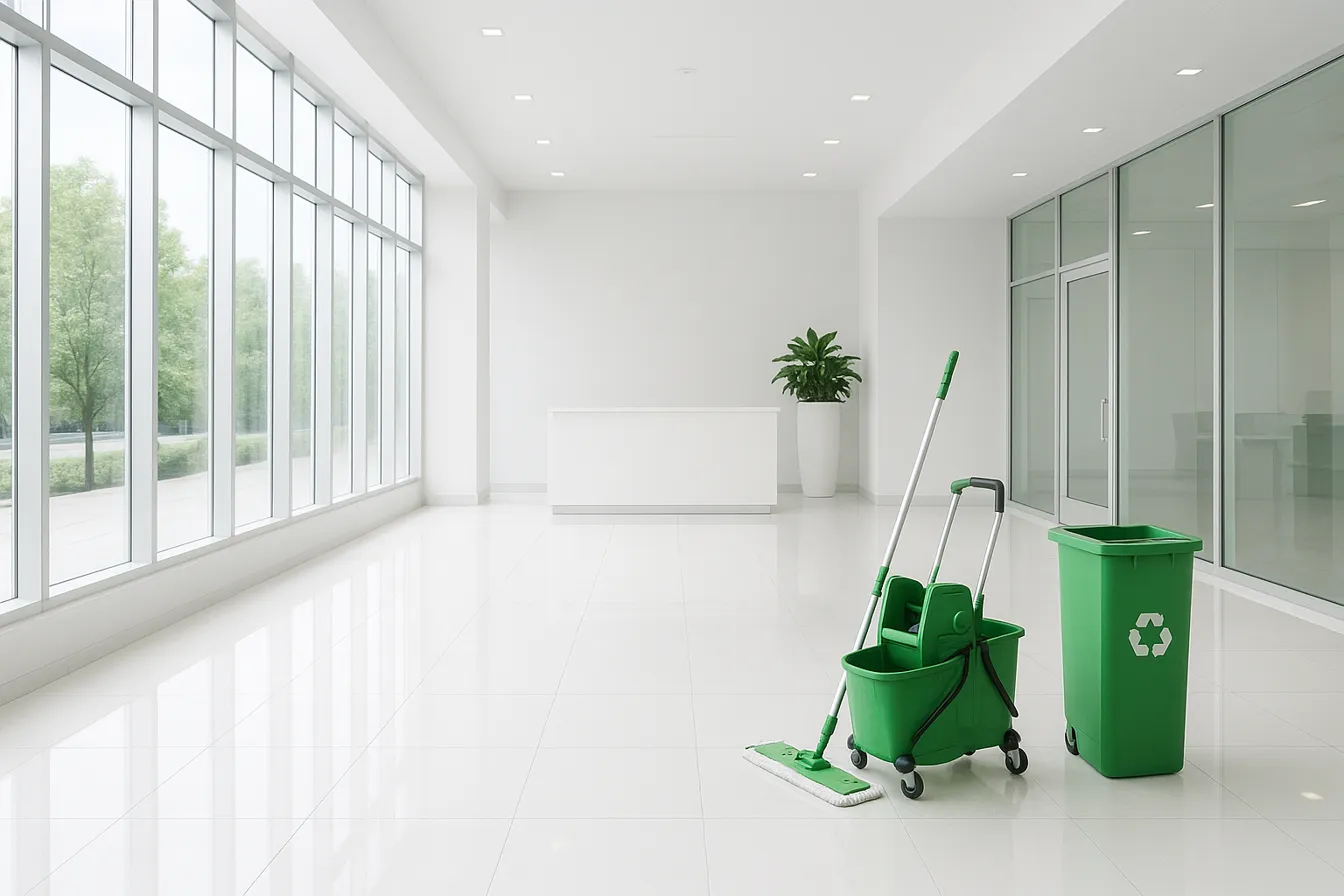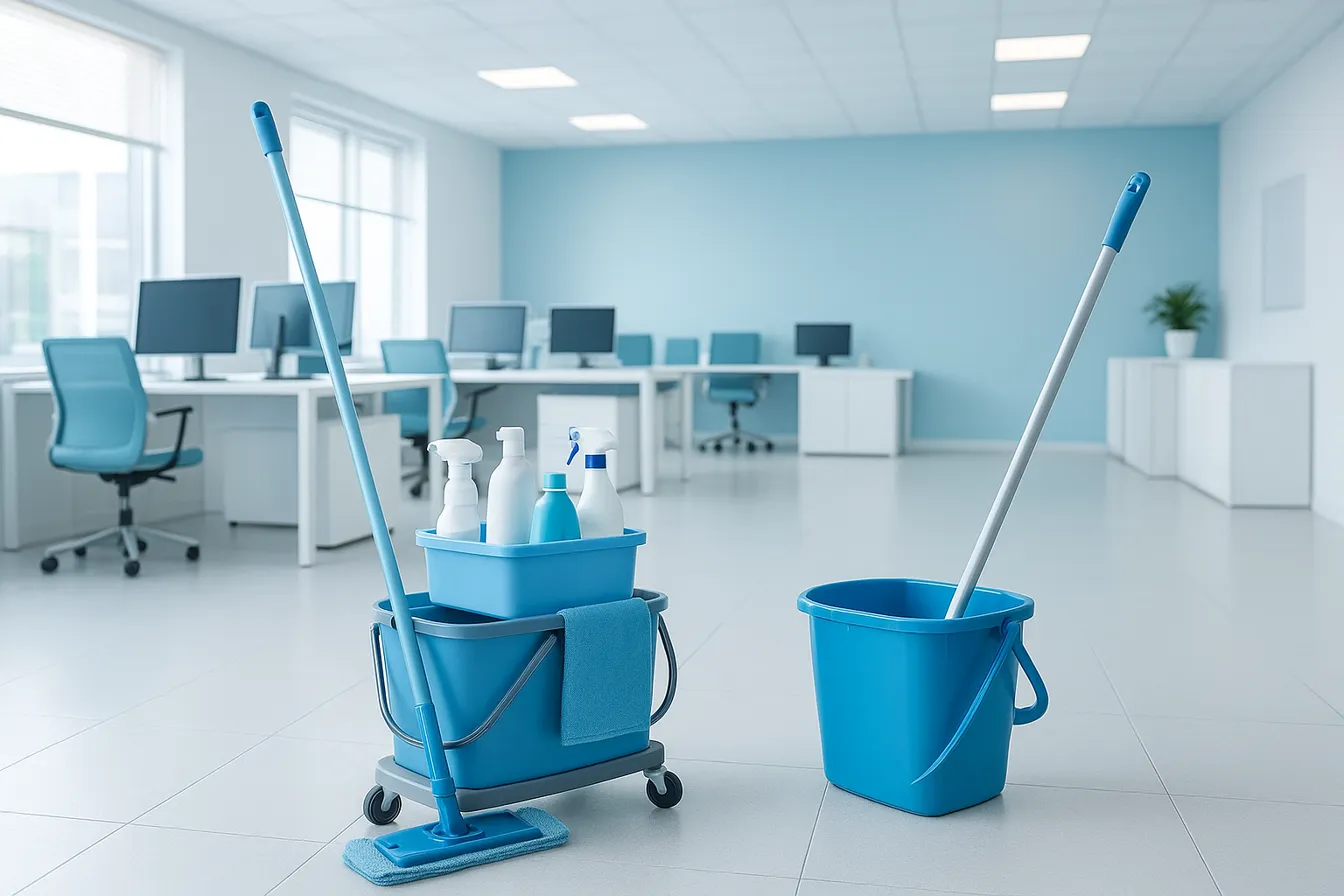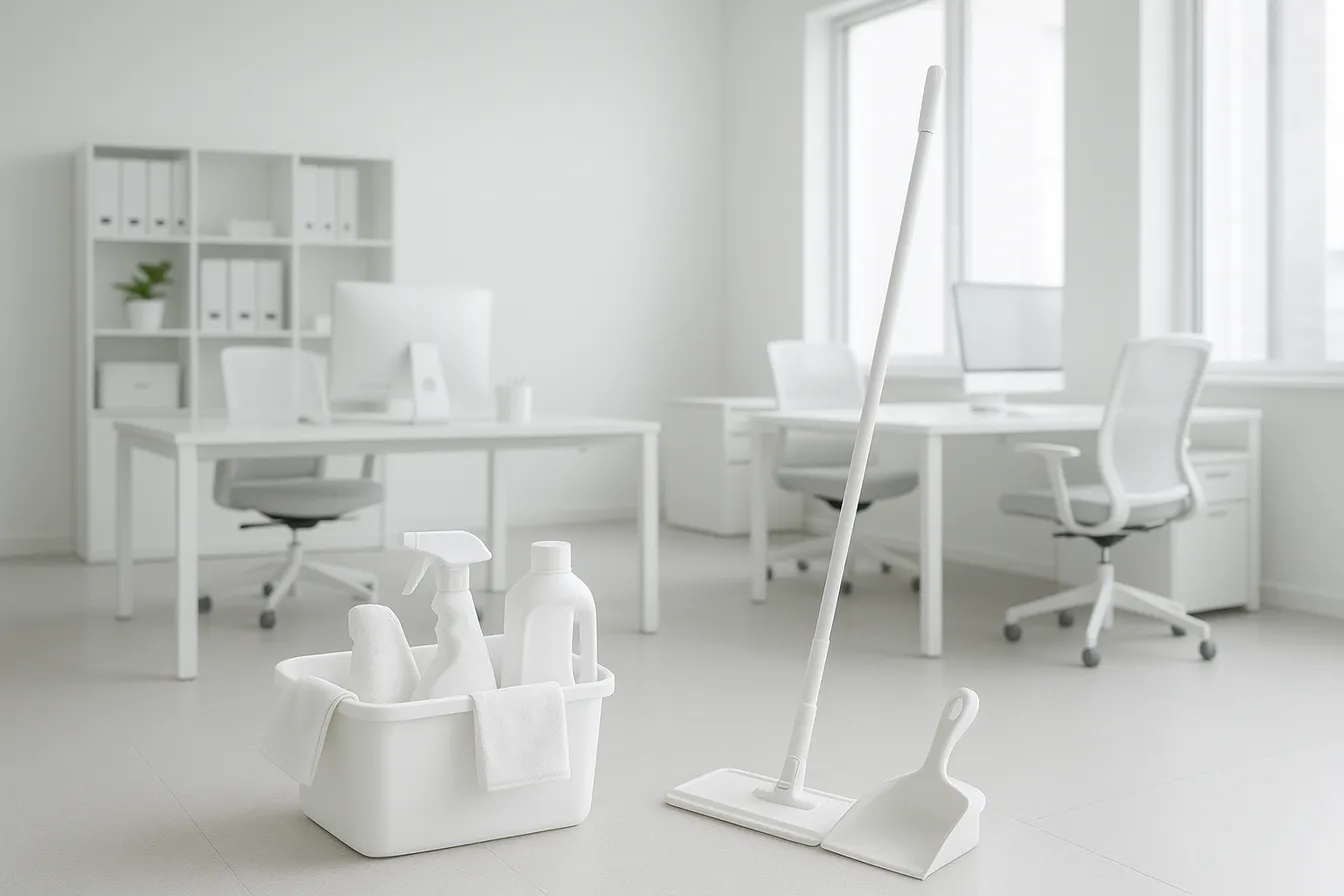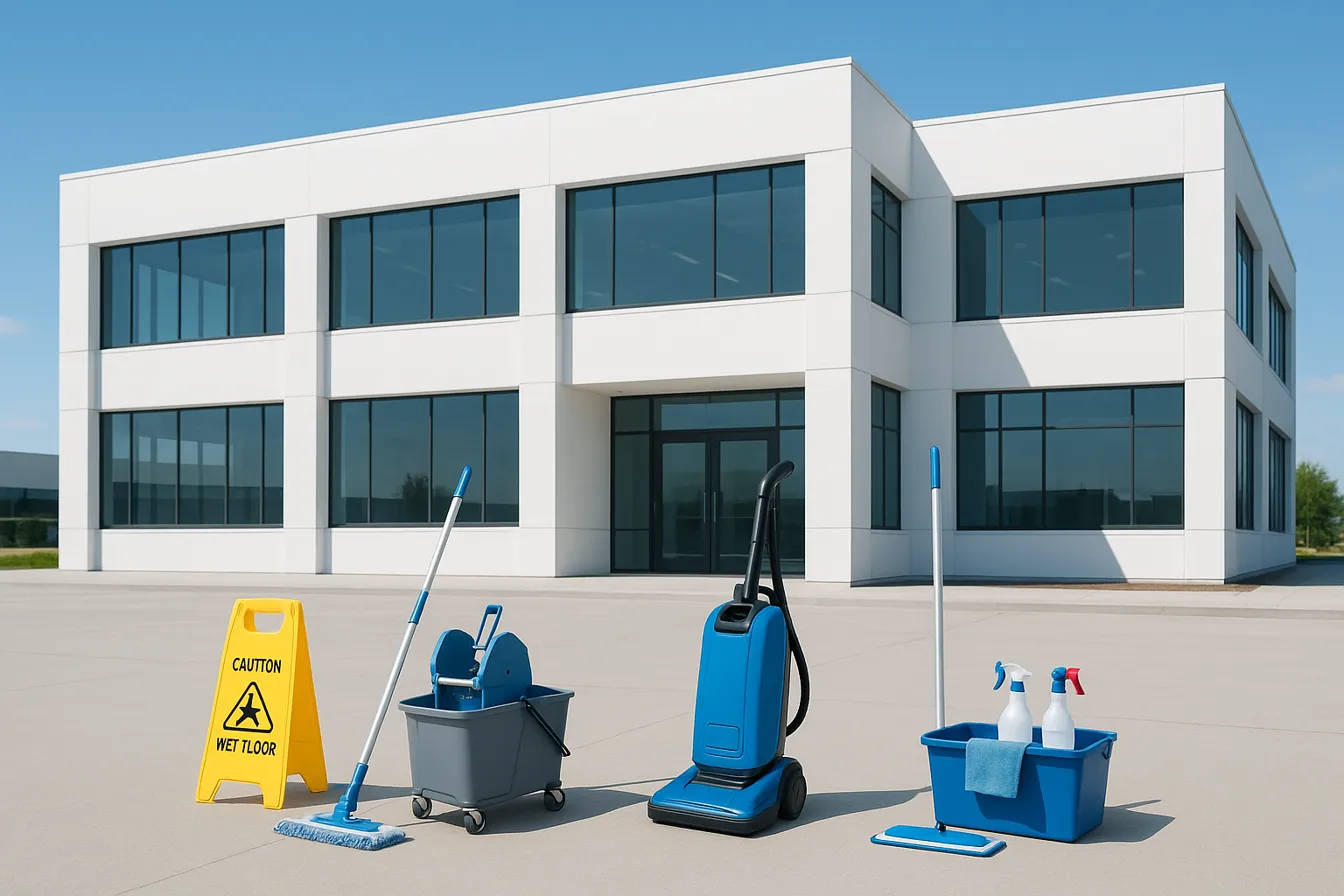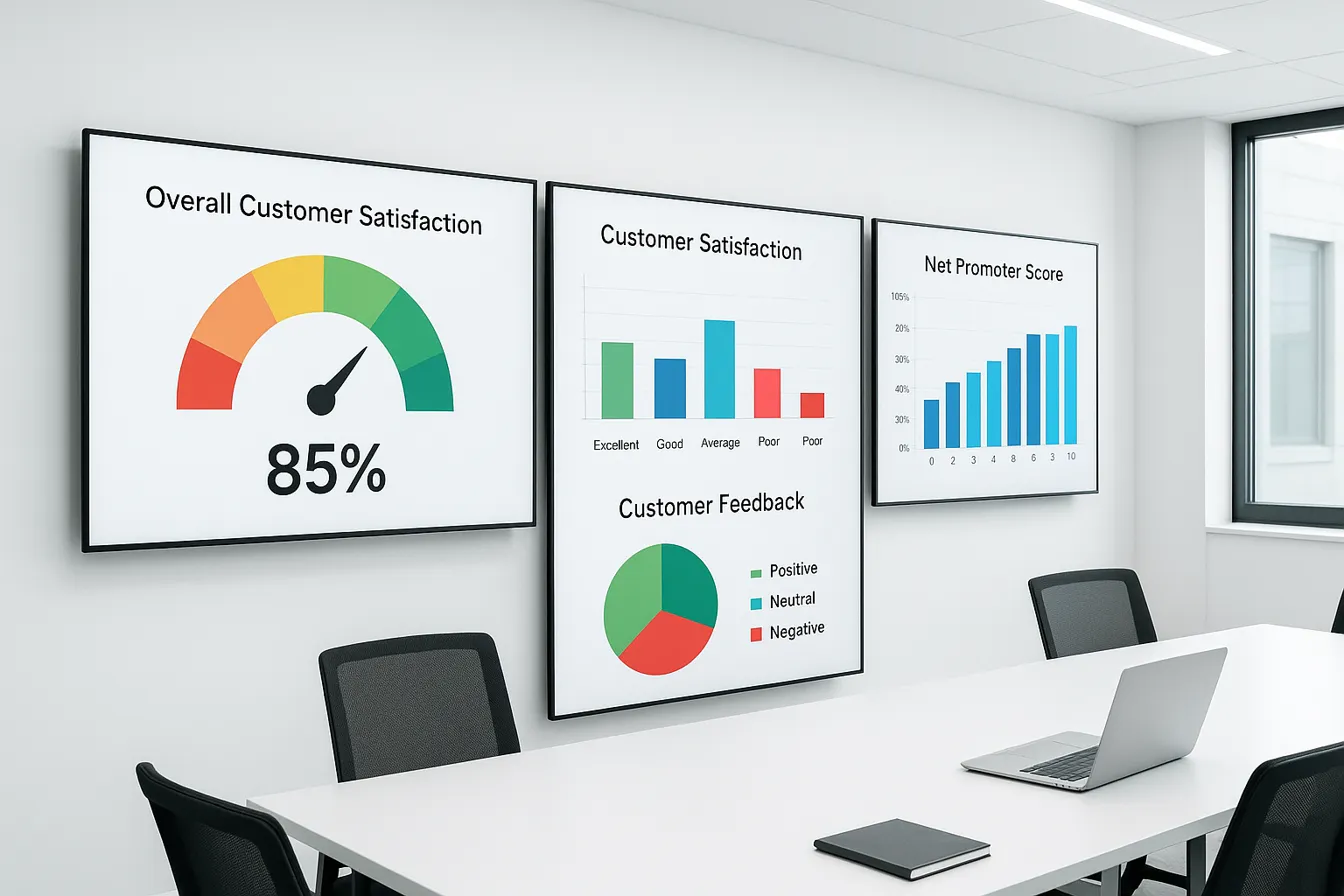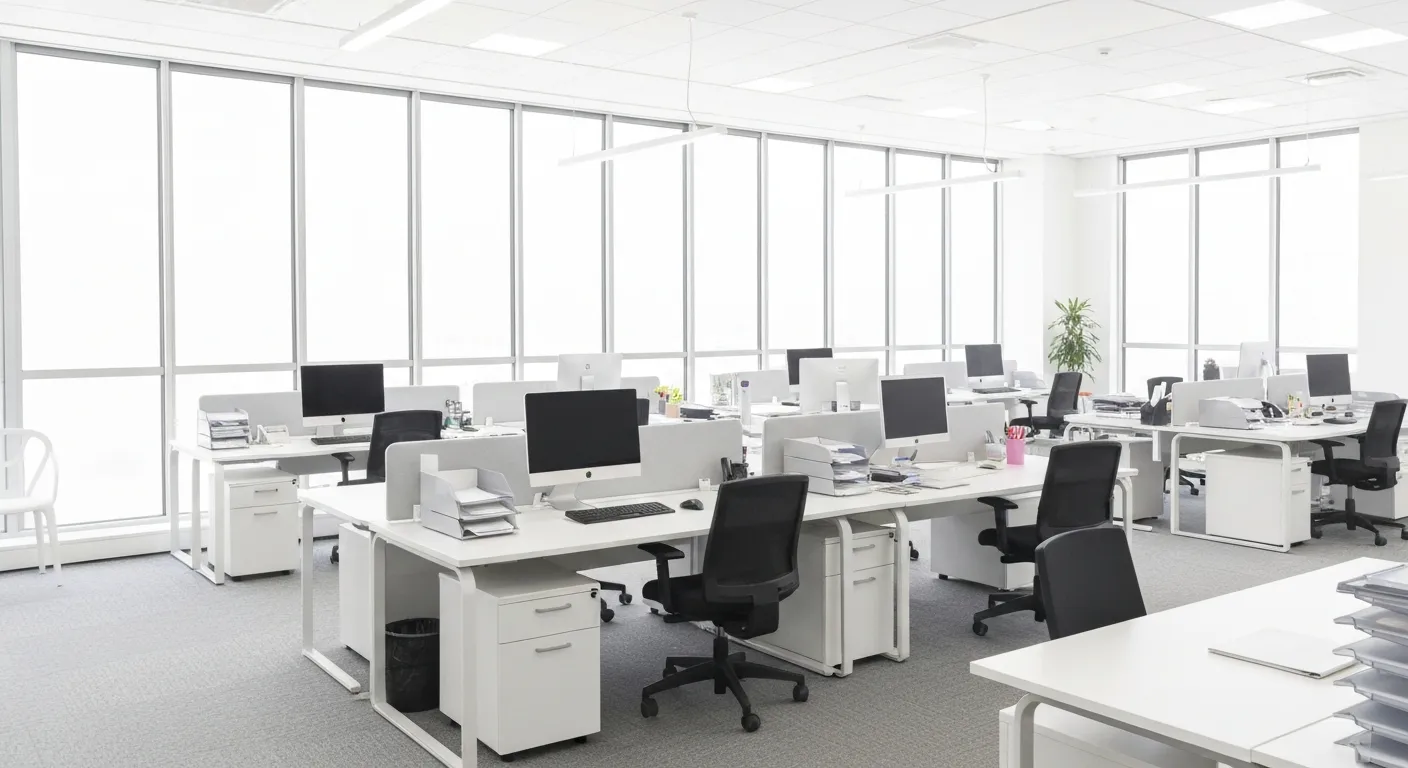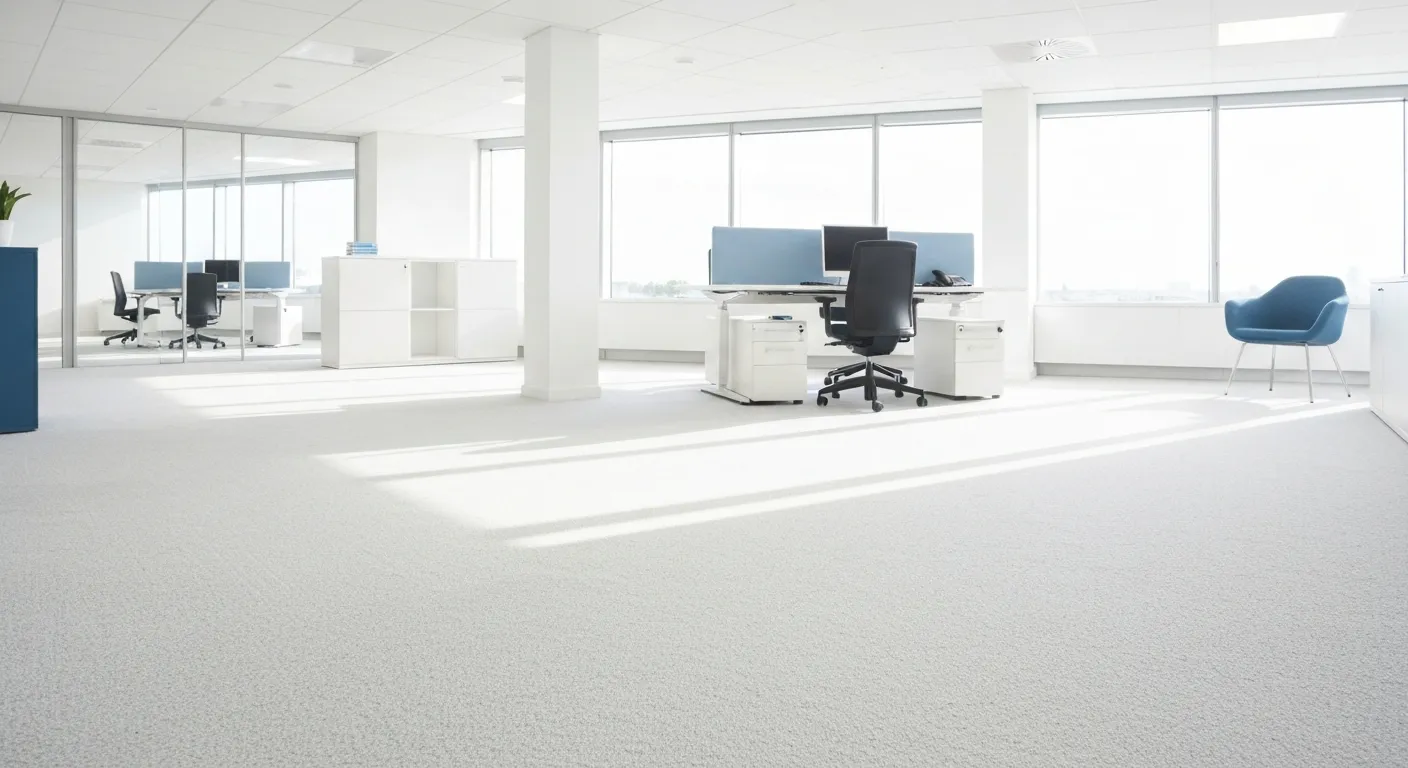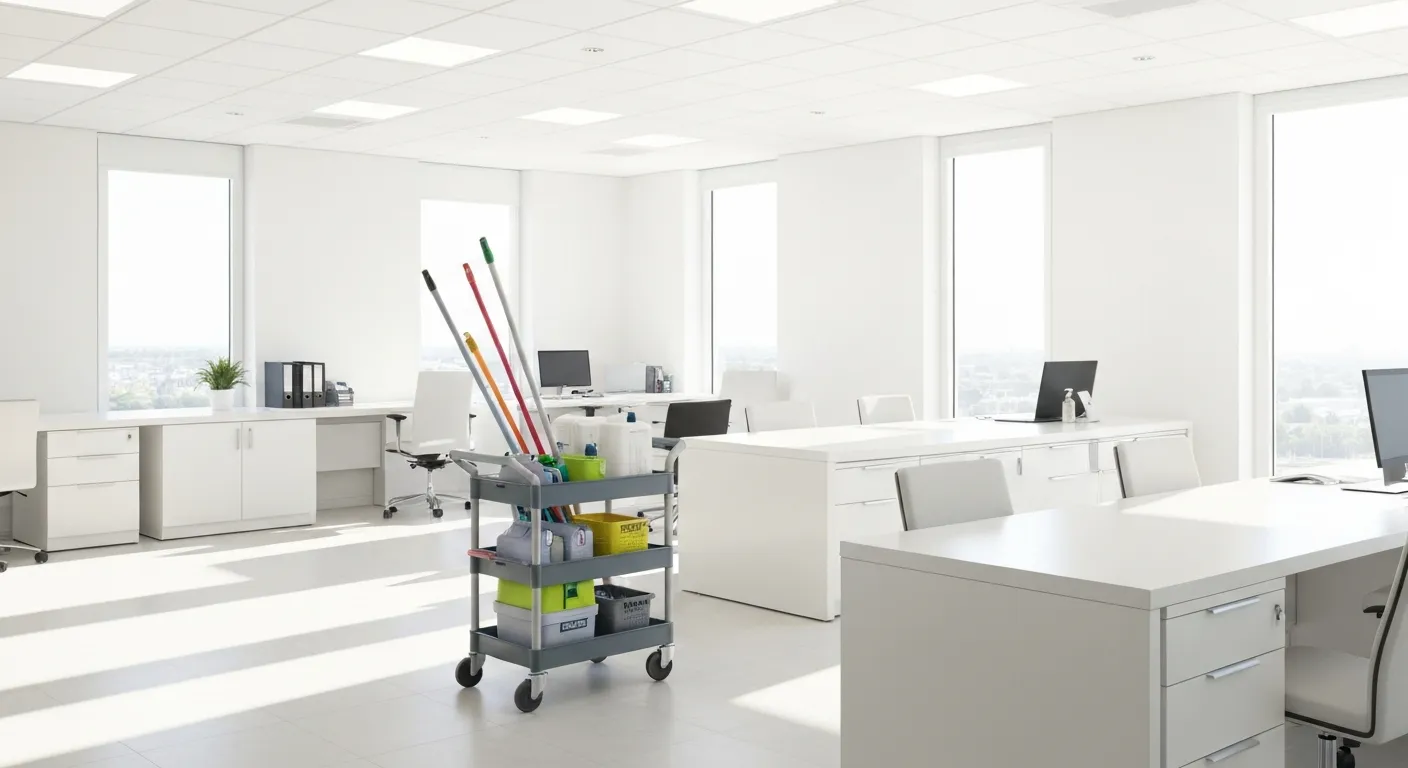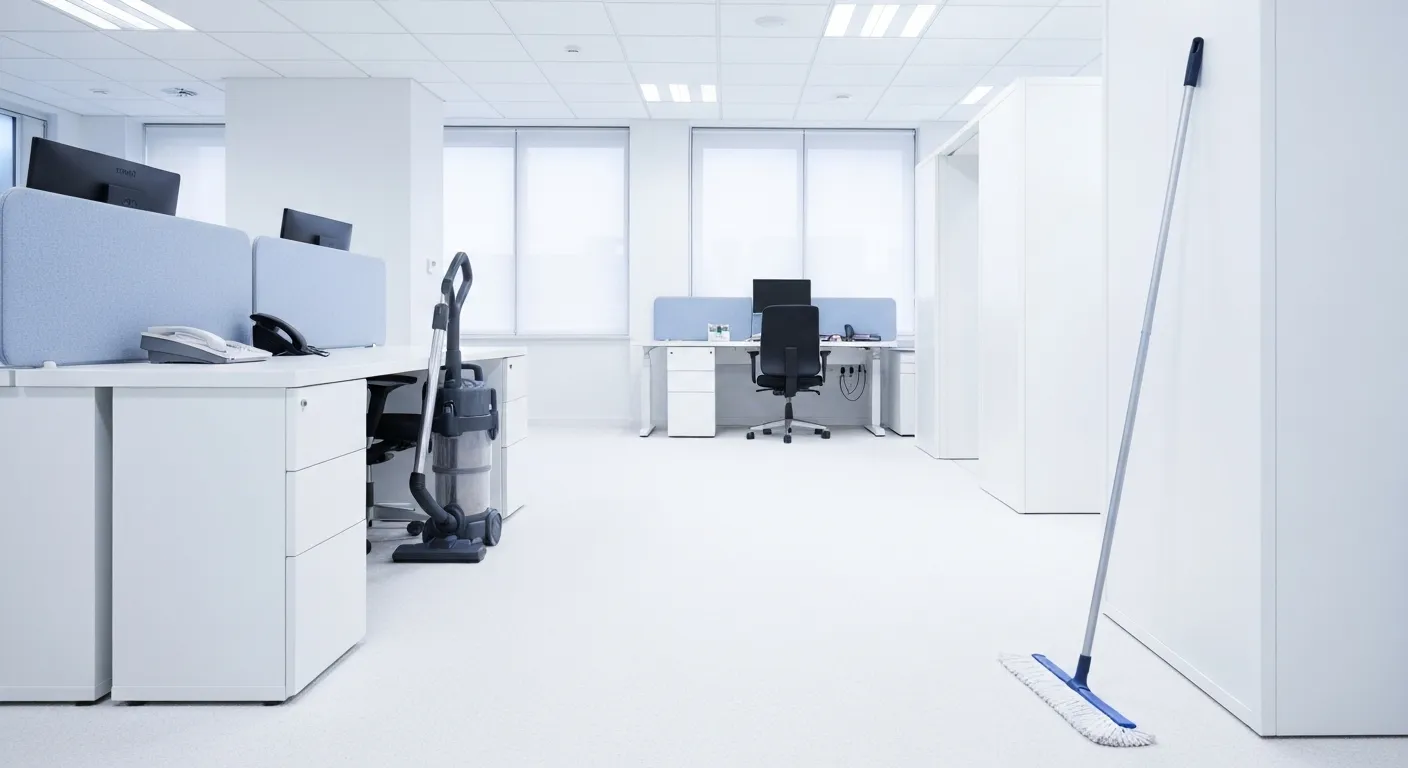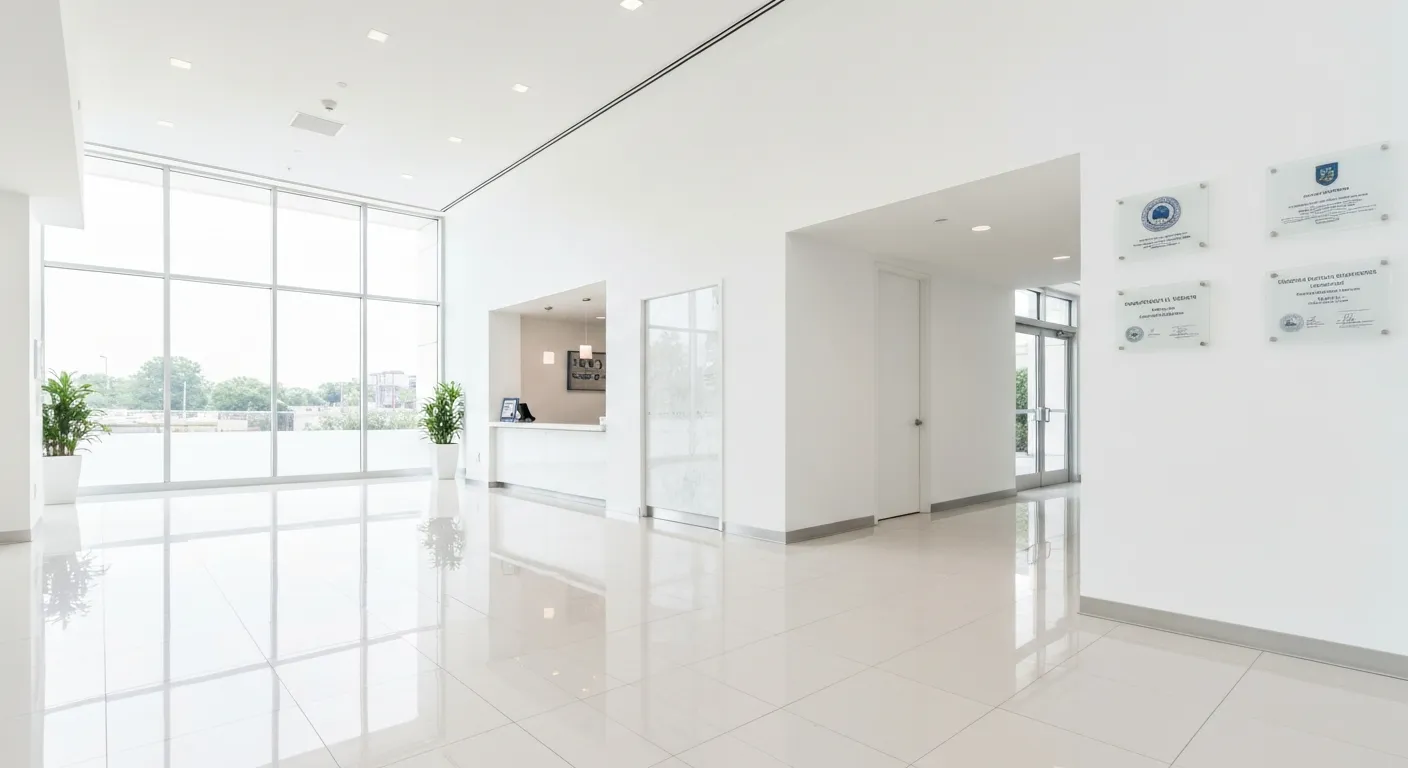What Percentage of Office Workers Believe Cleanliness Affects Their Job Performance?

The Vital Role of Clean Workspaces in Office Productivity
Office cleanliness is more than just a matter of aesthetics; it directly affects employee job performance, health, and overall workplace morale. Understanding how many office workers believe cleanliness influences their work—and why it matters—is critical for organizations striving to enhance productivity and employee well-being. This article explores the significant connection between cleanliness and job performance, supported by comprehensive research and statistics from various trusted studies.
The Impact of Office Cleanliness on Job Performance and Employee Perceptions

How does office cleanliness impact job performance?
Office cleanliness plays a crucial role in shaping employee productivity. When workplaces are clean and well-organized, they create an environment conducive to focus and mental clarity. Cleanliness reduces visual clutter and distractions, allowing employees to concentrate better on their tasks. Moreover, a tidy workspace improves indoor air quality and minimizes the spread of germs, which decreases illness-related absences (research on clean office productivity, clean workspace productivity increase).
Research indicates that organized offices can boost employee satisfaction and motivation. Studies from universities such as the University of Arizona and Brigham Young University show that employees in clean environments are more engaged and perform more efficiently. This enhanced performance results from healthier conditions, increased well-being, and reduced stress levels, demonstrating that cleanliness directly supports a productive workforce (Impact of Workplace Environment on Employee Performance, Workplace cleanliness and employee health).
Overall, maintaining high standards of hygiene and order in the workplace helps employees work more effectively, fostering a culture of health, motivation, and efficiency (Importance of a Clean and Organized Workplace).
How does workplace cleanliness influence employee satisfaction, morale, and perceptions?
A clean and hygienic office environment significantly shapes how employees perceive their work setting. When workplaces are well-maintained, employees feel valued and respected, which enhances their overall satisfaction and morale. Cleanliness minimizes health risks, leading to fewer sick days and a better sense of well-being (Workplace cleanliness and worker satisfaction, Workplace Cleanliness and Productivity).
Furthermore, a hygienic workspace contributes to a positive perception of the organization. Employees see cleanliness as a reflection of the company’s professionalism, attention to detail, and commitment to employee welfare. This perception fosters trust and loyalty, which can increase job satisfaction and organizational commitment. Employees also report feeling more motivated and engaged when their environment is tidy, as it reduces stress and creates a sense of order (The Psychology of Clean Spaces, Boost Employee Productivity).
In essence, regular cleaning and organization promote a positive, healthy, and motivating atmosphere, which benefits both individual employees and the organization as a whole (Clean workplaces and employee satisfaction).
More information about how cleanliness impacts job performance and morale
Extensive research highlights that 94% of workers feel more productive in tidy environments, and 77% believe they produce higher quality work when cleanliness is maintained (clean workspace productivity). Implementing professional cleaning routines can further improve these outcomes by reducing clutter, dust, and bacteria (office cleaning productivity statistics). In addition, visible sanitation efforts during work hours, especially in high-touch areas like doorknobs and keyboards, reassure employees about their safety (Impact of Employees' Workplace Environment, Employee demand for better office cleaning).
Cleanliness not only boosts performance but also enhances the overall company reputation, making workspaces more appealing to current and prospective employees (Impact of Cleanliness on Office Reputation). Maintaining a clean environment ultimately contributes to higher employee retention, lower absenteeism, and a stronger organizational culture focused on health and professionalism (Workplace cleanliness and employee retention, The Impact of Workplace Cleanliness on Employees and Customers).
How Many Office Workers Believe Cleanliness Affects Their Work?
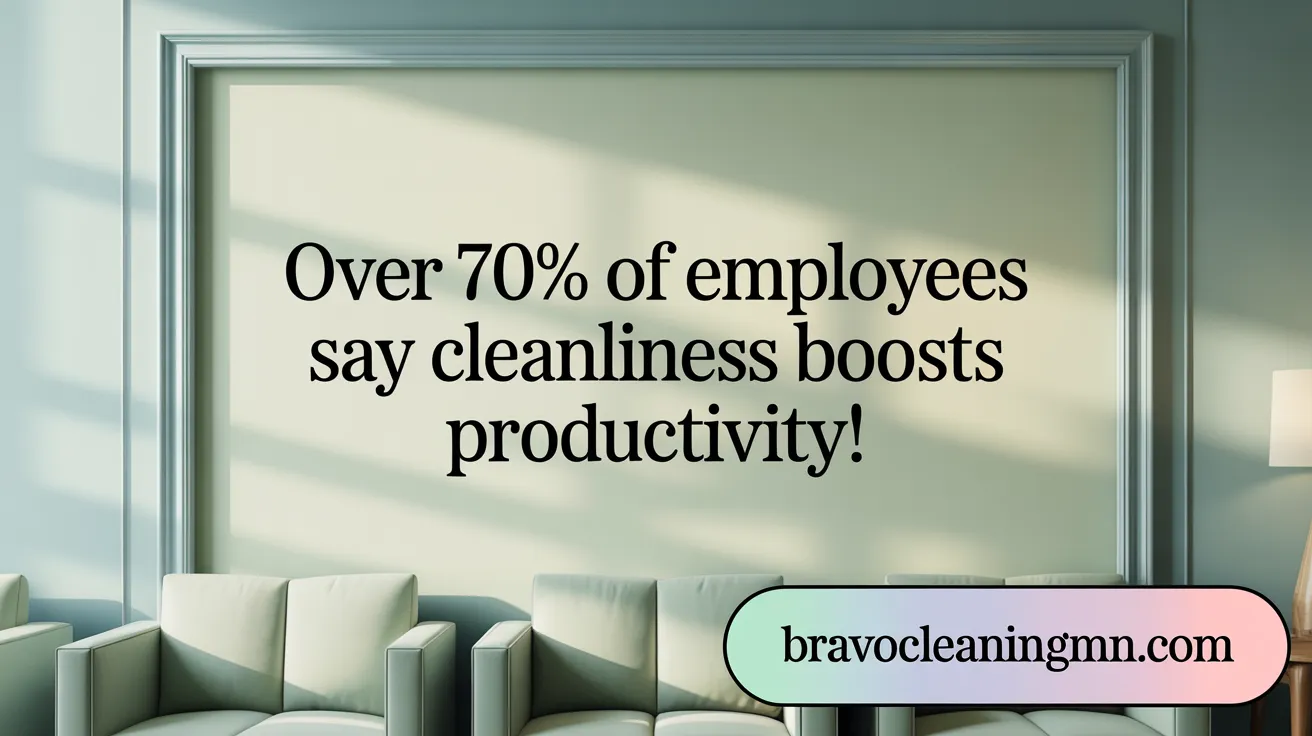
A significant majority of office workers recognize the impact of cleanliness on their job performance. Surveys and research consistently show that over 70% of employees believe that a clean and well-maintained workplace environment enhances their productivity. For instance, a Staples survey revealed that 94% of workers felt more productive when their workspace was clean, emphasizing the crucial role cleanliness plays in everyday work effectiveness (research on clean office productivity, 94% of employees more productive in clean workspace).
Employees also associate hygiene with overall job satisfaction. As much as 86% consider cleanliness the most important aspect of a good work environment. Moreover, the perception that a tidy, organized space reduces stress and boosts morale encourages employees to perform better and feel more valued (Workplace cleanliness and worker satisfaction, The Psychology of Clean Spaces).
Trends indicate that employees increasingly value transparency and proactive cleaning practices, especially with heightened awareness of health and hygiene following the COVID-19 pandemic. Approximately 66% of U.S. workers now find cleaning and disinfecting practices extremely important, showing an elevated focus on hygiene standards (66% of employees want better office cleaning).
Overall, data demonstrate that the link between cleanliness and performance is well recognized among office staff. Maintaining a hygienic and pleasant environment isn’t just about aesthetics; it directly correlates with improved work quality, higher productivity, and greater employee satisfaction (Connection Between Cleanliness and Cleanliness and Employee Retention, Boost Employee Productivity).
Cleanliness and Its Direct Effects on Productivity, Health, and Well-being

Maintaining a clean workplace significantly boosts employee productivity, health, and overall well-being. Research shows that a clean environment can increase worker output by up to 15% by minimizing distractions caused by clutter and dirt. Employees in tidy offices are better able to concentrate, leading to higher quality work and improved efficiency (clean workspace productivity, impact of office cleanliness on employee health, clean workspace productivity increase).
In addition to productivity gains, workplace hygiene substantially reduces the spread of germs and illnesses. Regular cleaning diminishes bacteria—such as the horrifying fact that office desks can harbor over 400 times the bacteria of a toilet seat (study on bacteria levels on office desks)—thereby decreasing sick days by as much as 40%. This reduction not only benefits individual health but also maintains a more consistent and engaged workforce (clean office reduces absenteeism, benefits of a germ-free office environment).
Psychologically, clean spaces foster feelings of stability, order, and control, which can lower stress and anxiety. Such environments promote mental clarity and elevate morale, making employees feel valued and motivated (mental health benefits of clean workspaces, psychological benefits of office cleanliness). Organized workspaces further enhance workflow, reduce errors, and encourage a positive company culture (organized workspaces and employee productivity, benefits of a clean office environment).
To capitalize on these benefits, businesses should implement regular cleaning routines and promote personal tidiness among staff. This approach ensures a healthier, more productive, and more satisfied workforce, ultimately supporting organizational success and employee happiness (professional cleaning services benefits, regular office cleaning schedules, clean workplaces and employee satisfaction).
Research Evidence and Statistical Insights on Cleanliness and Employee Attitudes

Multiple studies and surveys consistently highlight the strong link between office cleanliness and positive employee perceptions. Research shows that a tidy and hygienic workspace enhances focus, reduces mental stress, and fosters higher job satisfaction. For instance, 94% of workers report feeling more productive in a clean environment, and 77% believe their work quality improves under such conditions. Quantitative studies utilizing structural equation modeling reveal that a favorable workplace environment influences employee commitment and achievement motivation—both mediators—leading to higher performance, with a path coefficient of approximately 0.555 (Workplace Environment Effects on Performance, Clean Workspace and Productivity).
In addition to productivity, cleanliness impacts overall morale and organizational perceptions. Employees associate clean offices with professionalism and reliability, which boosts their engagement and loyalty (Impact of Cleanliness on Office Reputation, Workplace Cleanliness and Employee Morale). Maintaining high hygiene standards reduces germs and allergens, lowering sick days by up to 40%, which benefits overall organizational health (Workplace Cleanliness and Employee Health, Clean Office and Reduced Sick Days).
Survey data also underscore that employees value visible cleanliness efforts. A significant 85% see restroom hygiene as indicative of total building cleanliness, and 66% consider cleaning practices vital to their safety and job satisfaction (Restroom Hygiene Reflects Building Cleanliness, Employee Demand for Better Cleaning). Conversely, poor cleanliness can lead to dissatisfaction, higher turnover, and a negative workplace reputation (Workplace Cleanliness Impact on Employees and Customers).
Overall, academic research and statistical evidence reinforce that investing in workplace hygiene not only promotes health but also creates a positive work climate—ultimately supporting improved performance, morale, and retention (The Connection Between Cleanliness and Employee Retention, Cleanliness Supporting a Positive Workplace Experience).
Clean Workplace Safety, Organizational Efficiency, and Retention Benefits
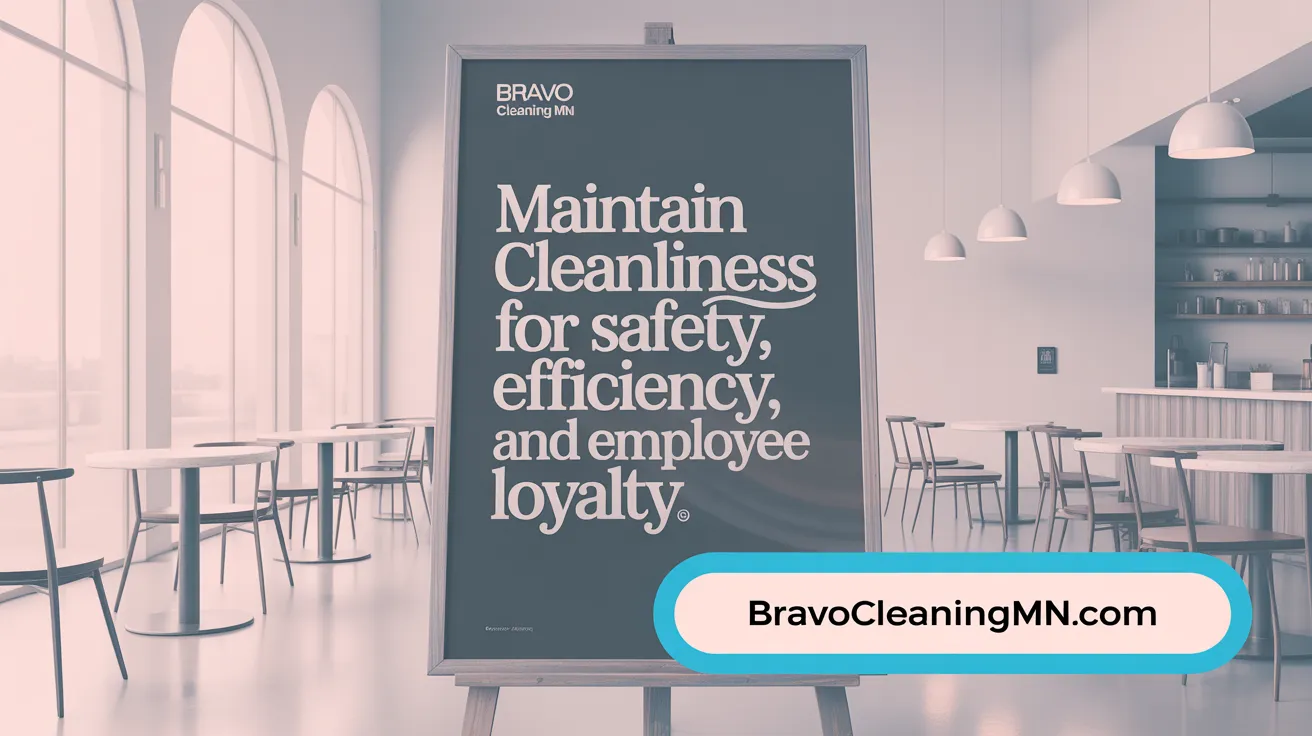
Why is maintaining a clean office environment important for performance and safety?
Maintaining a clean office is crucial for ensuring safety by preventing hazards such as clutter, obstructions, and fire risks, which can hinder emergency evacuations and fire suppression efforts. A tidy workspace also promotes health by reducing the presence of pests, mold, and contaminated surfaces that can cause illnesses. From an efficiency perspective, a well-organized environment helps employees focus better, minimizes distractions, and increases productivity. Moreover, regular cleaning and safety measures ensure compliance with OSHA regulations, helping organizations avoid legal and financial complications. Overall, a clean and well-maintained office safeguards employees' health and enhances operational effectiveness (importance of workplace cleanliness, impact of commercial cleaning on employee productivity, workplace cleanliness and employee health).
What trends and data exist regarding employees’ valuation of office cleanliness?
Recent studies highlight that employees increasingly regard cleanliness as a vital part of their job satisfaction and wellbeing. A survey revealed that 86% of office workers see cleanliness as the most critical aspect of a positive work environment. Furthermore, organizations now adopt data-driven cleaning practices, enabling real-time monitoring and accountability, which foster transparency. There is also a shifting focus toward sustainability, with eco-friendly cleaning products and practices becoming more prevalent. Flexible cleaning schedules that support hybrid work models help maintain hygiene standards while reducing sickness-related absences. These trends show that a meticulously maintained workspace not only supports health and morale but also elevates the company's professional image (66% of employees want better office cleaning, data-driven cleaning enhances workplace satisfaction, employee demand for better office cleaning, importance of cleanliness in the workplace).
What is the significance of cleanliness in organizational efficiency and employee retention?
Cleanliness directly influences organizational performance by creating a healthier, safer space that encourages employee engagement and reduces sick days. A clean environment boosts morale and job satisfaction, which fosters loyalty and reduces turnover. An organized workplace minimizes stress and distractions, allowing employees to concentrate and perform at their best. Additionally, a well-maintained office leaves a positive impression on clients and visitors, reinforcing professionalism and trust. Investing in high standards of cleanliness supports a positive organizational culture, aligns with corporate values, and builds long-term employee commitment, all of which are vital for sustainable growth (workplace cleanliness and employee retention, clean office and employee morale, boost employee productivity, impact of cleanliness on office reputation).
The Crucial Role of Cleanliness in Enhancing Work Performance and Workplace Culture
The evidence overwhelmingly supports that cleanliness in office environments directly affects job performance, employee satisfaction, and organizational success. With over 70% of workers recognizing that a clean workspace improves their ability to focus and perform, maintaining high hygiene standards is a strategic imperative. Cleanliness fosters better health, reduces absenteeism, and enhances morale, creating a foundation for higher productivity and employee retention. Furthermore, evolving trends towards sustainable and transparent cleaning practices reflect employees' growing expectations for workplace health and safety. Organizations that invest in cleanliness not only protect their workforce but also project professionalism and earn trust from clients and visitors. Ultimately, a clean office is a clean slate for success — benefiting employees, employers, and the entire organization alike.











